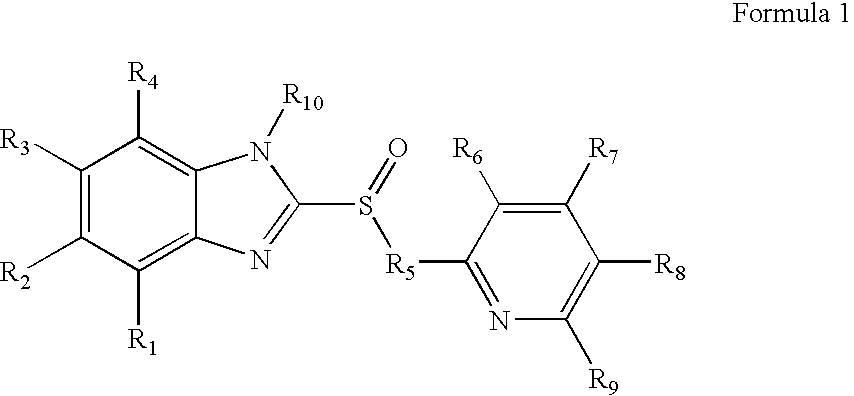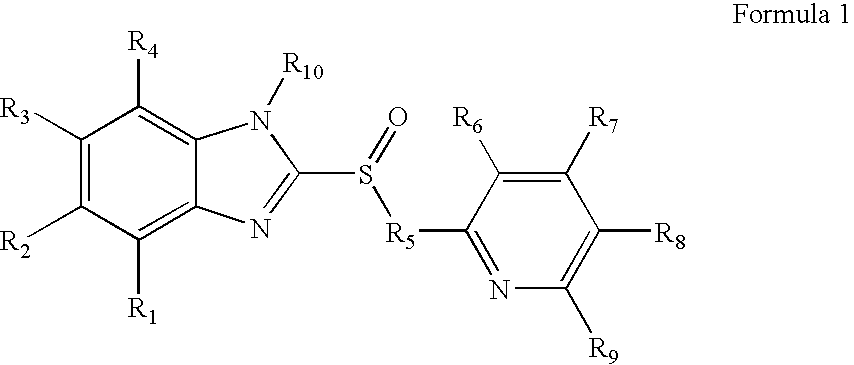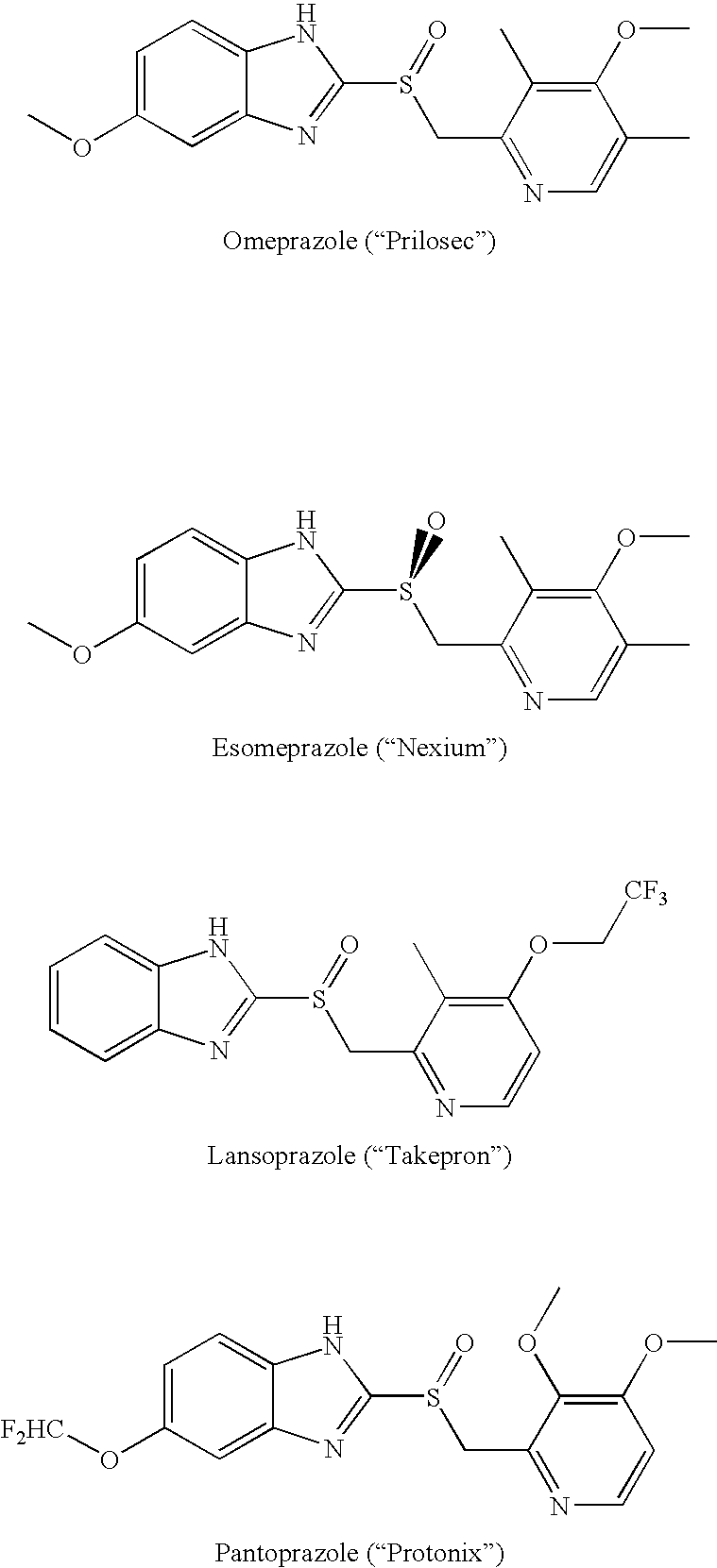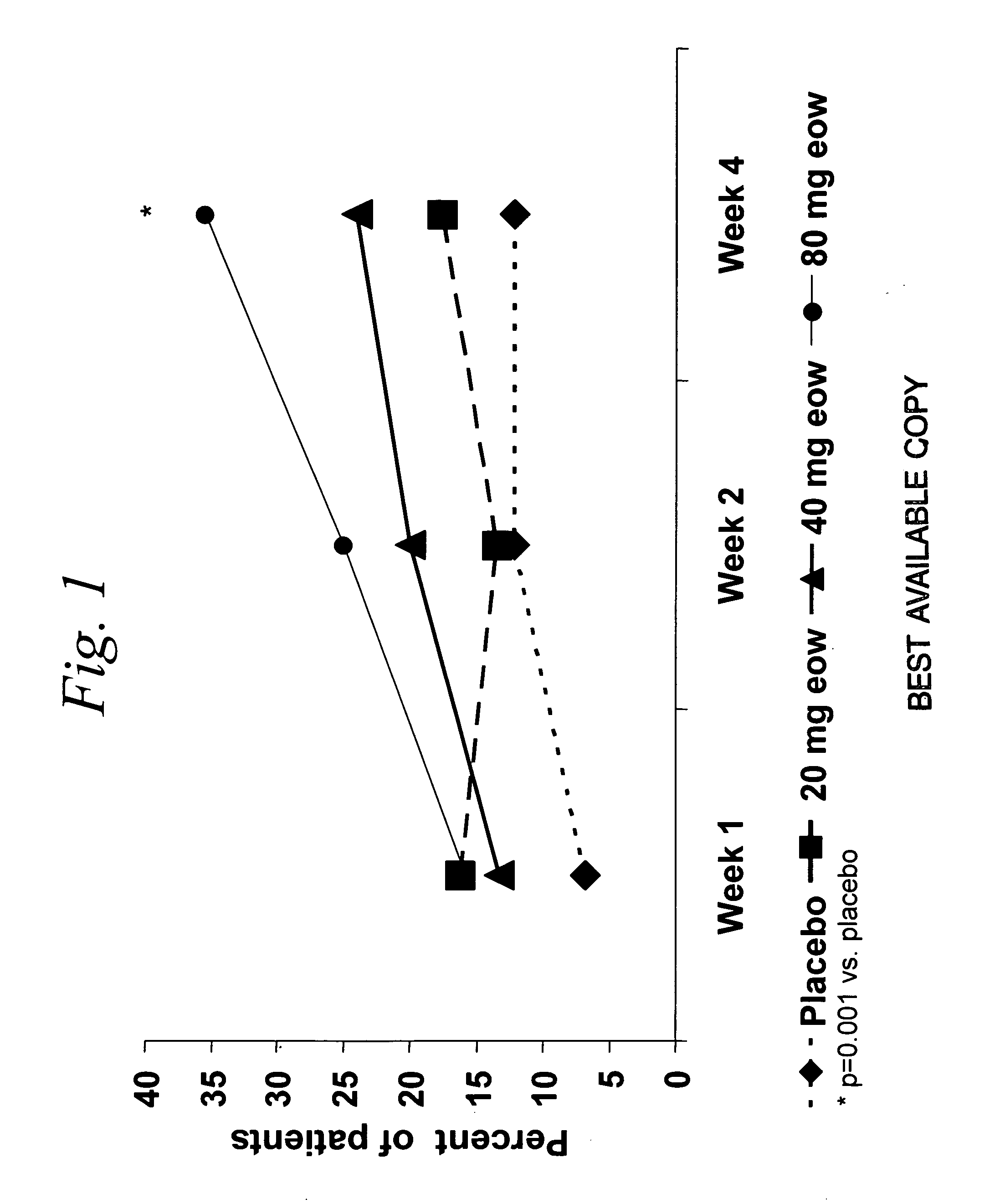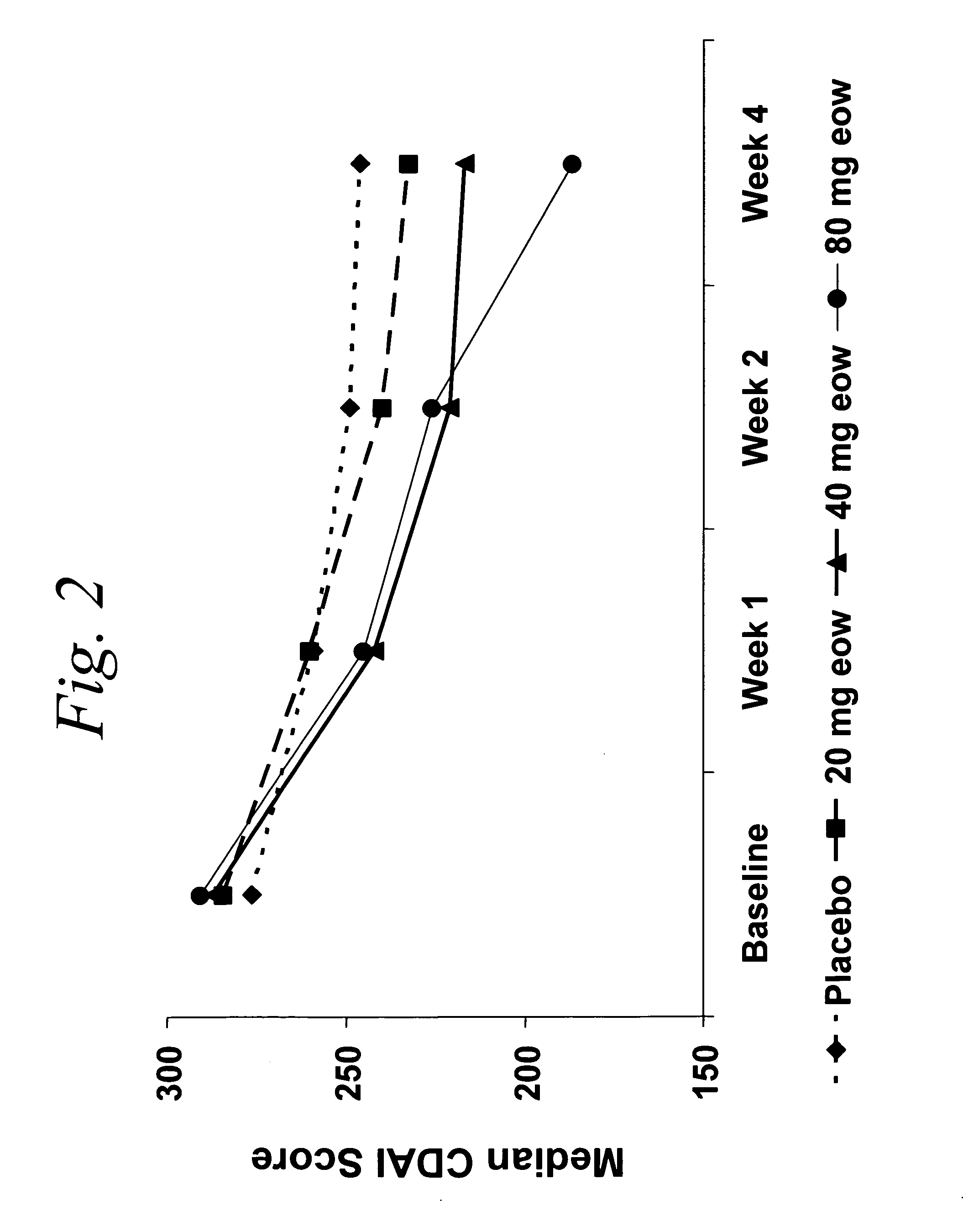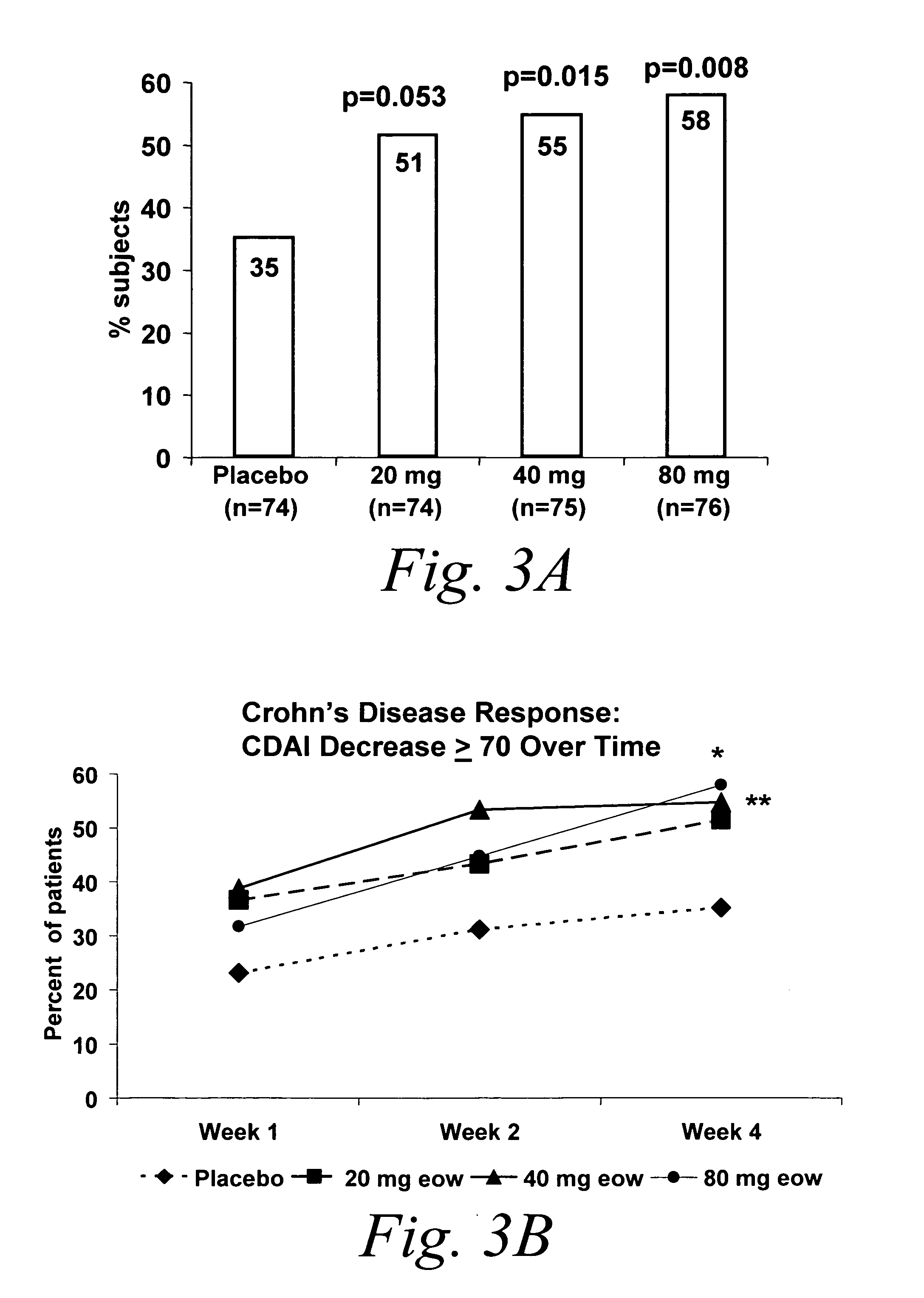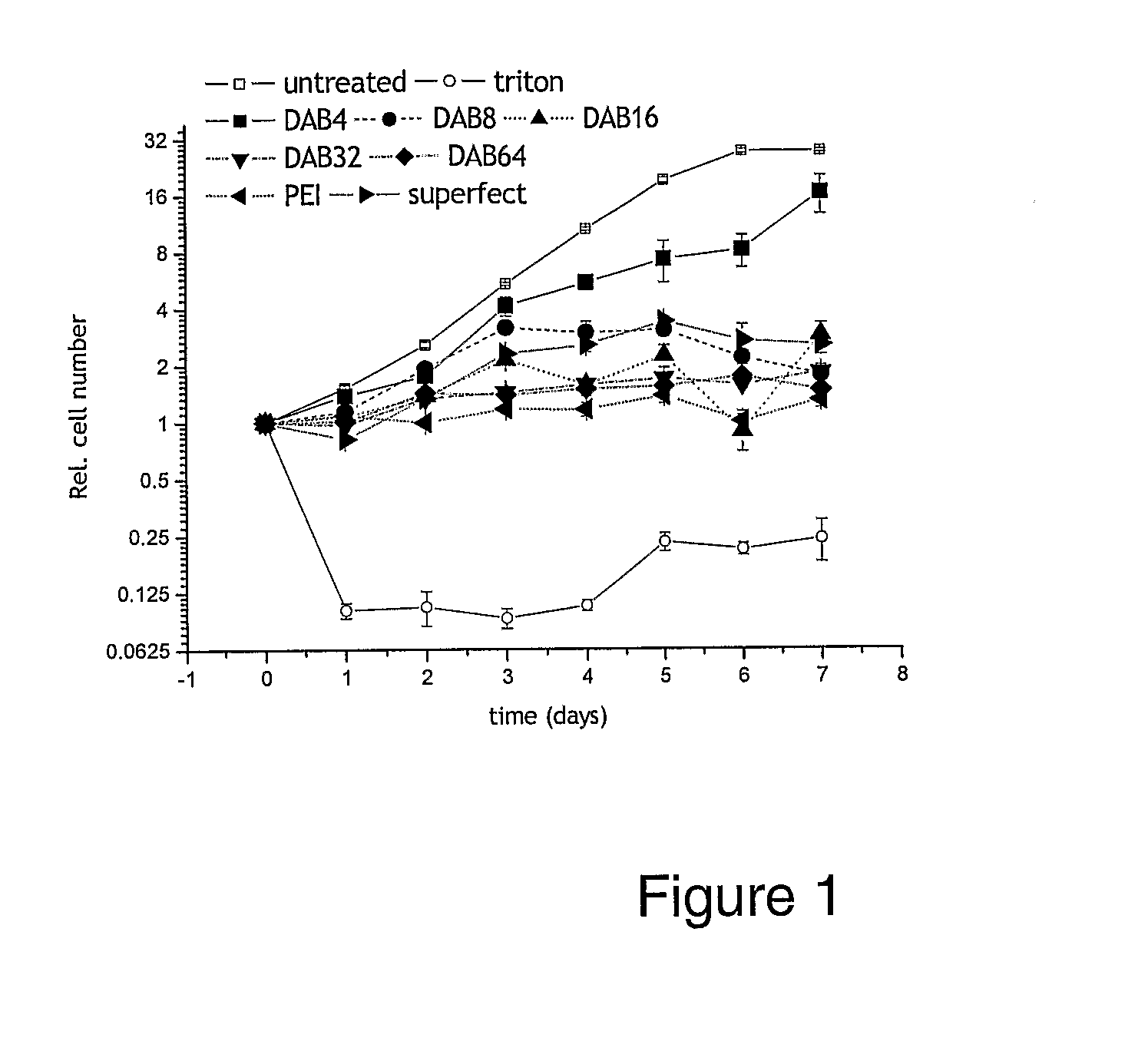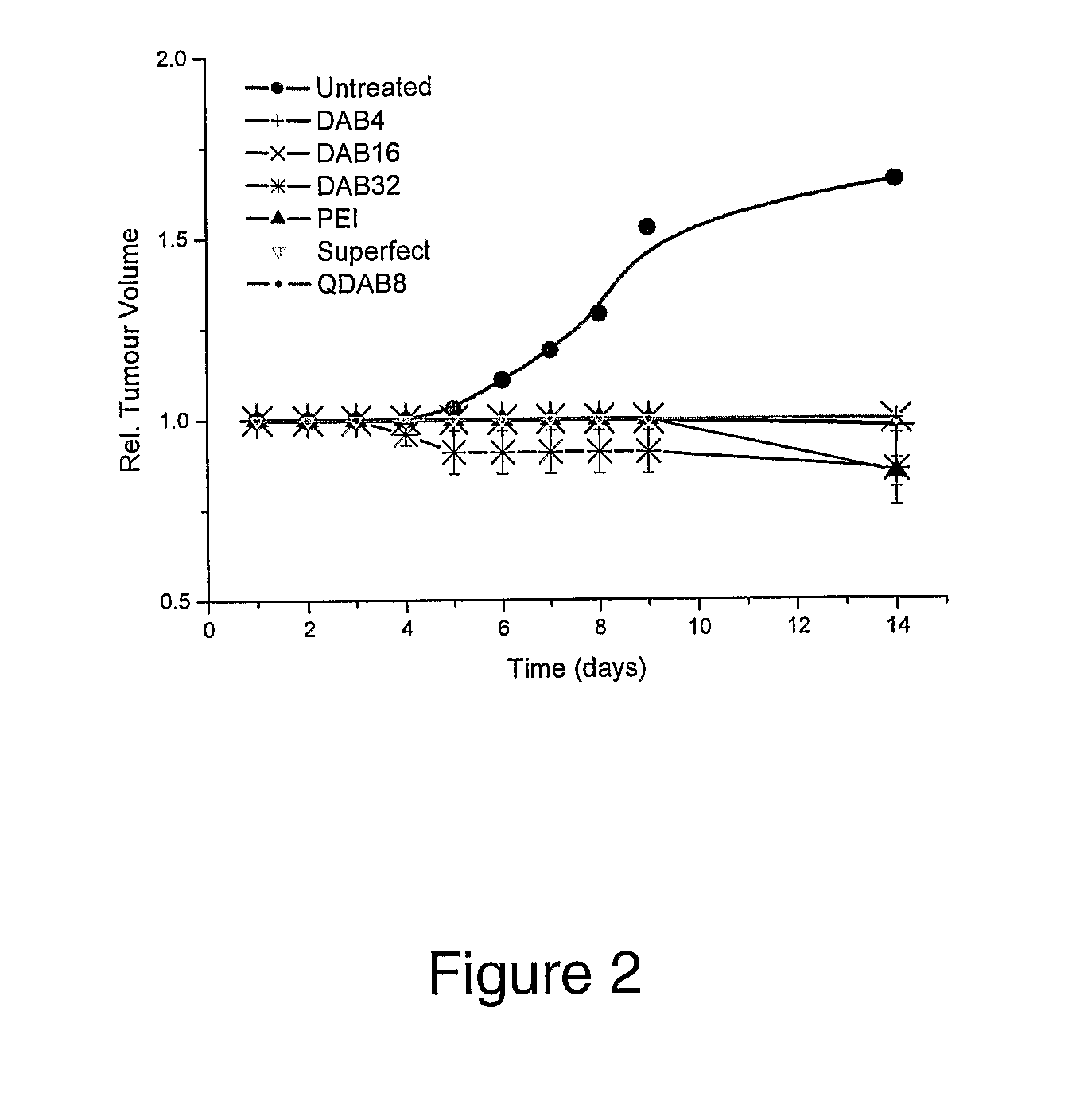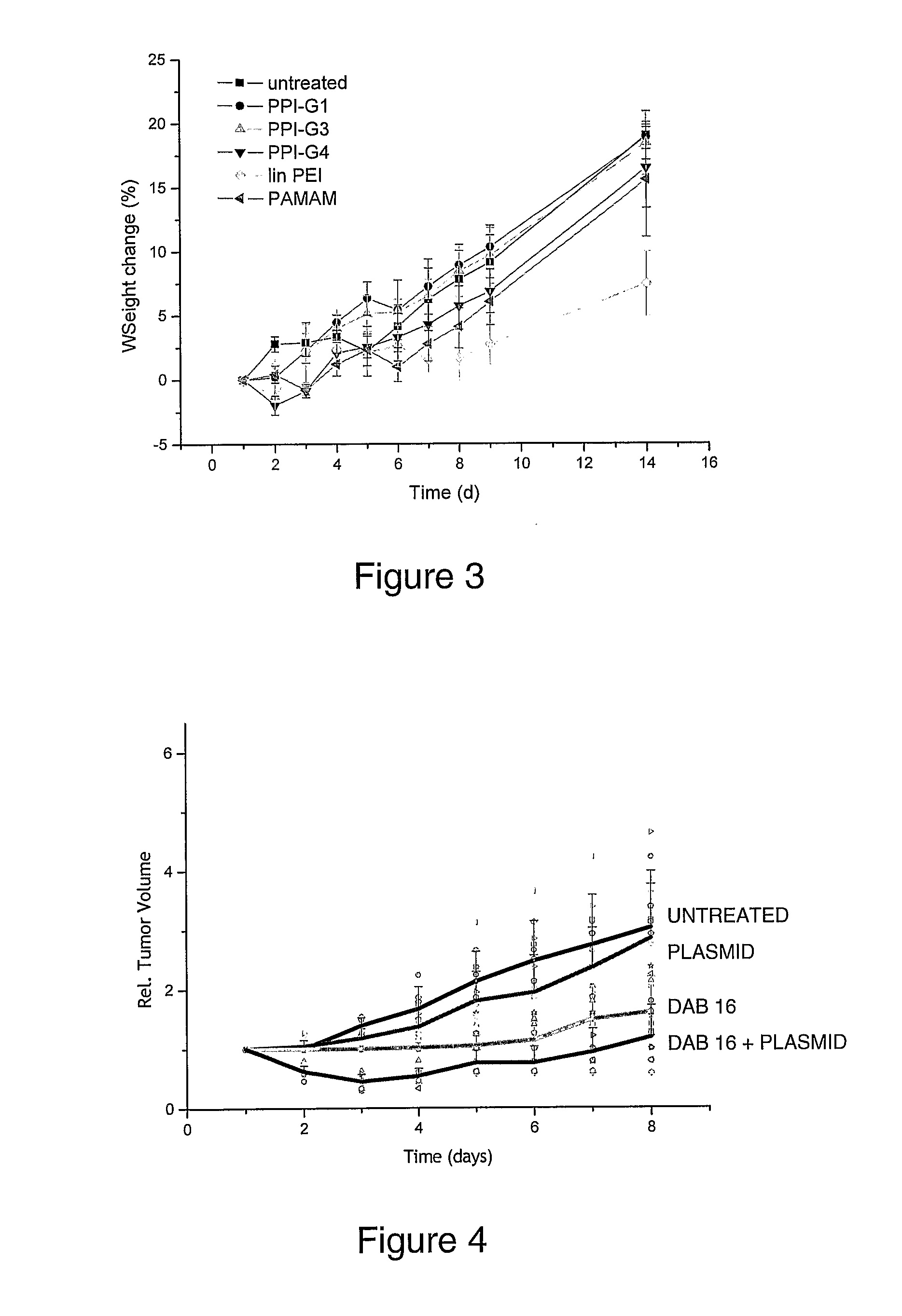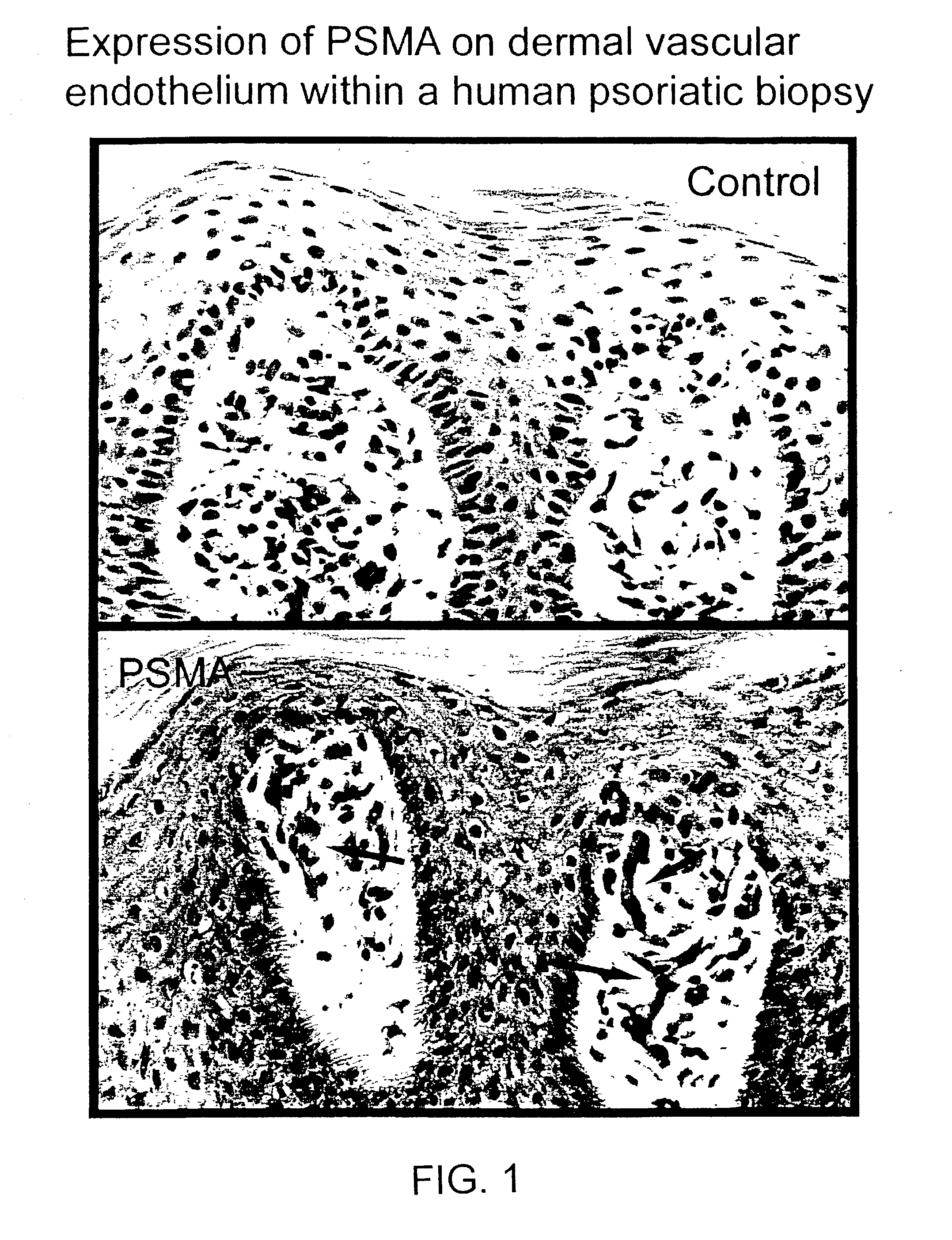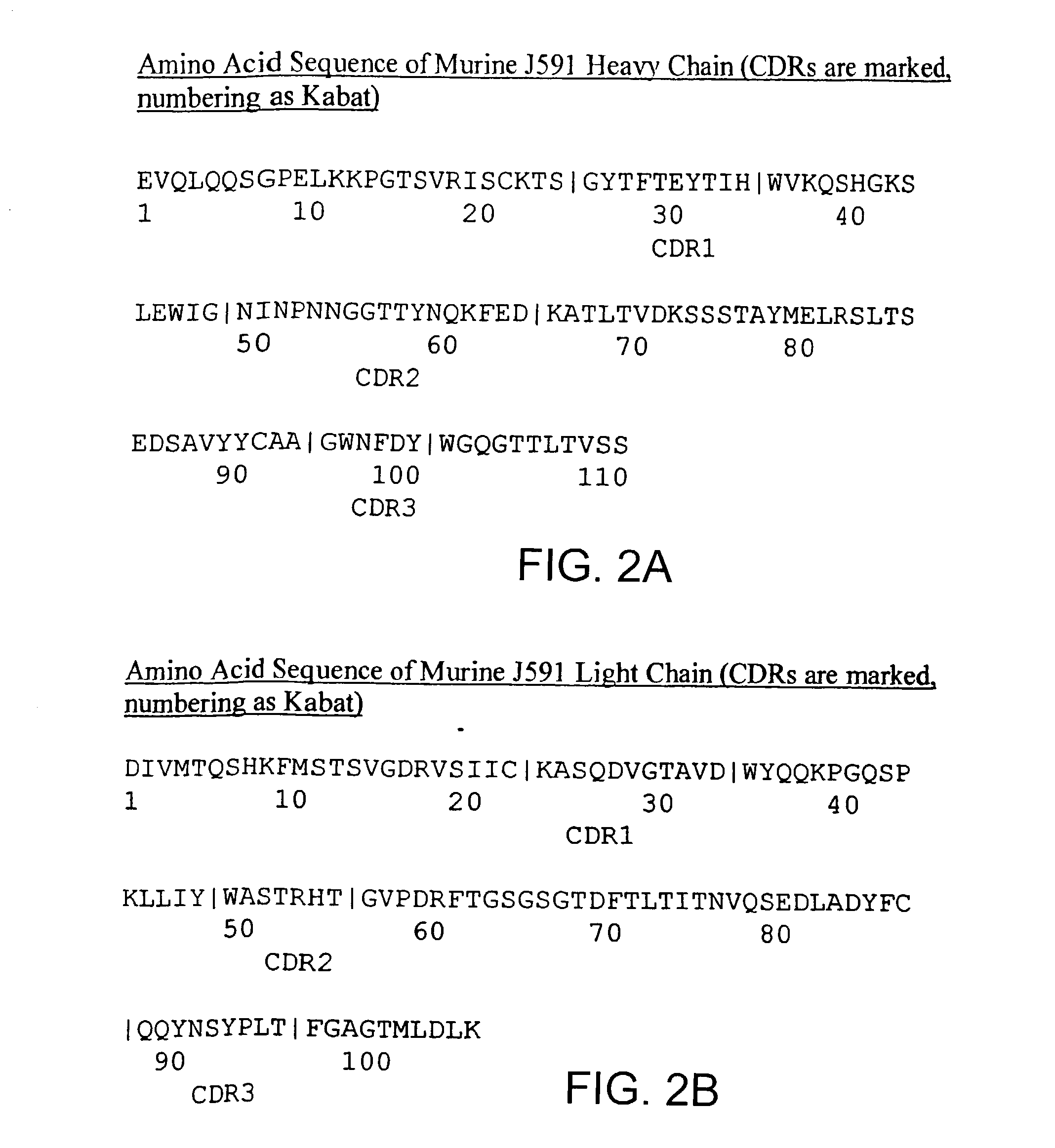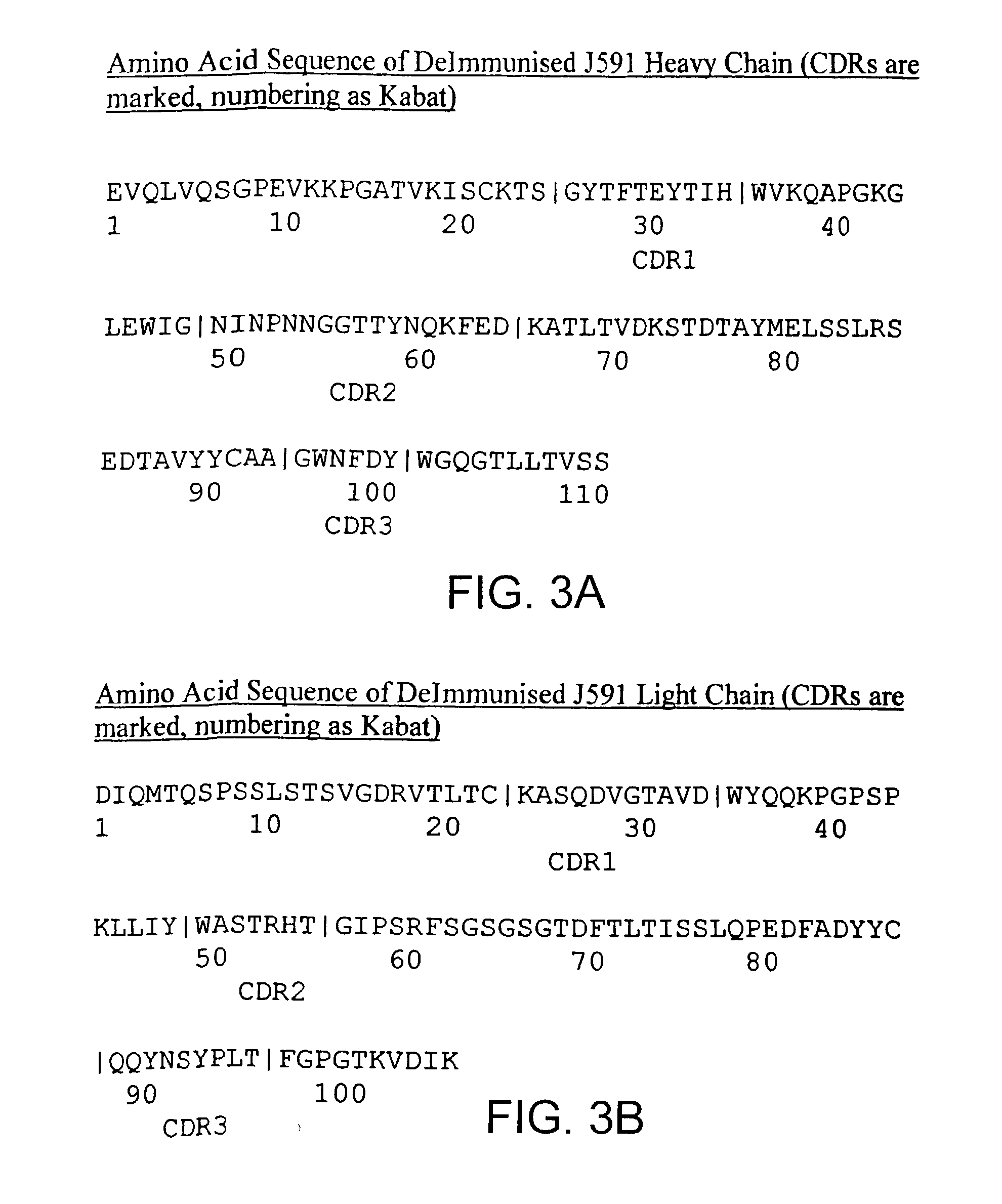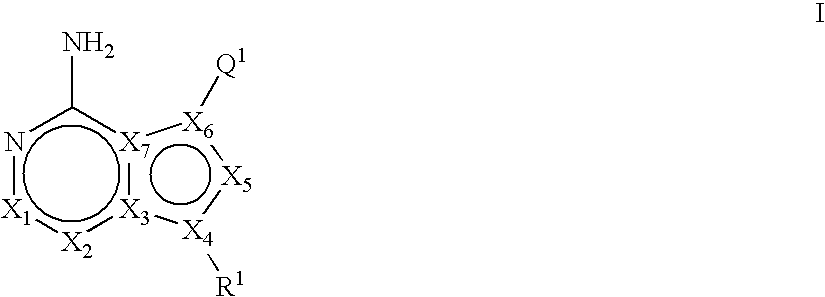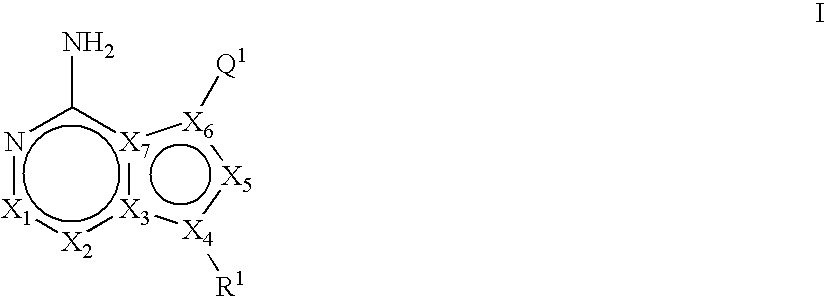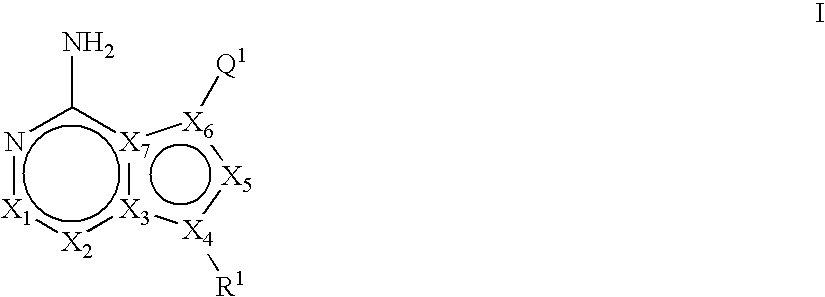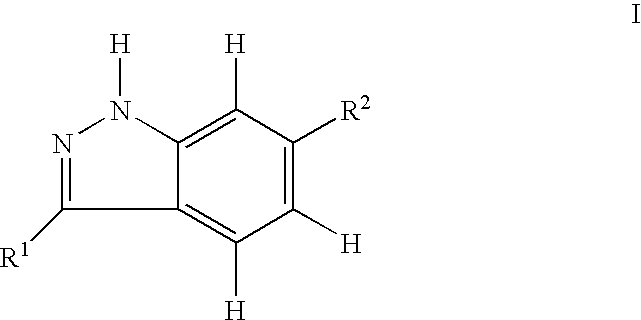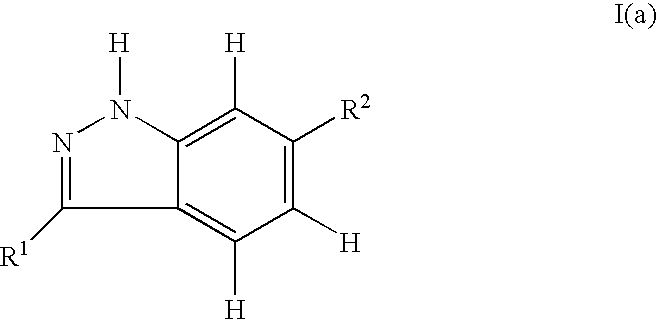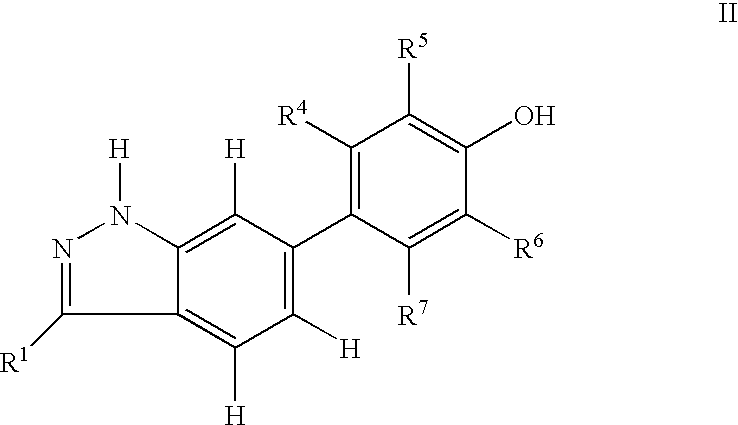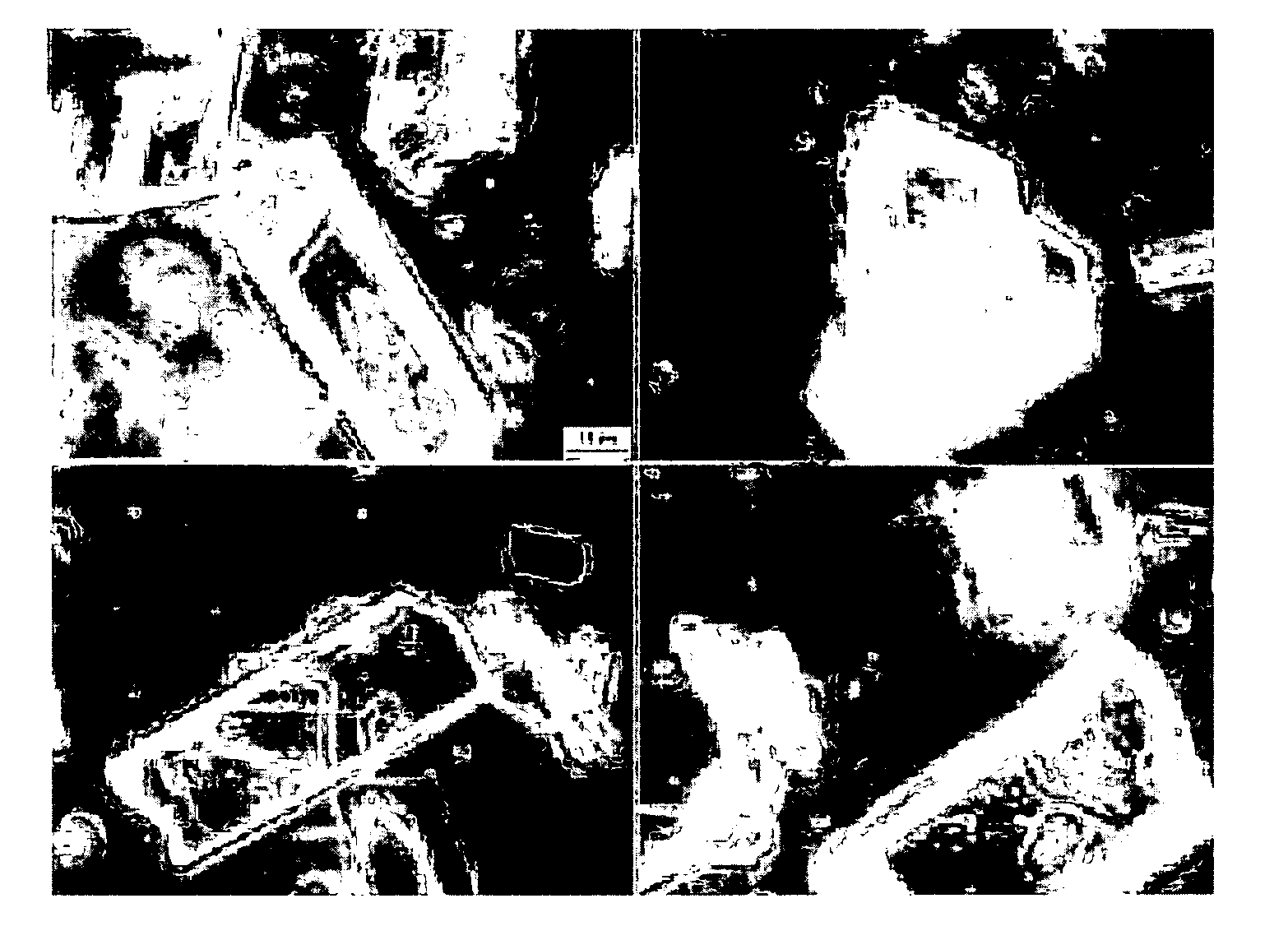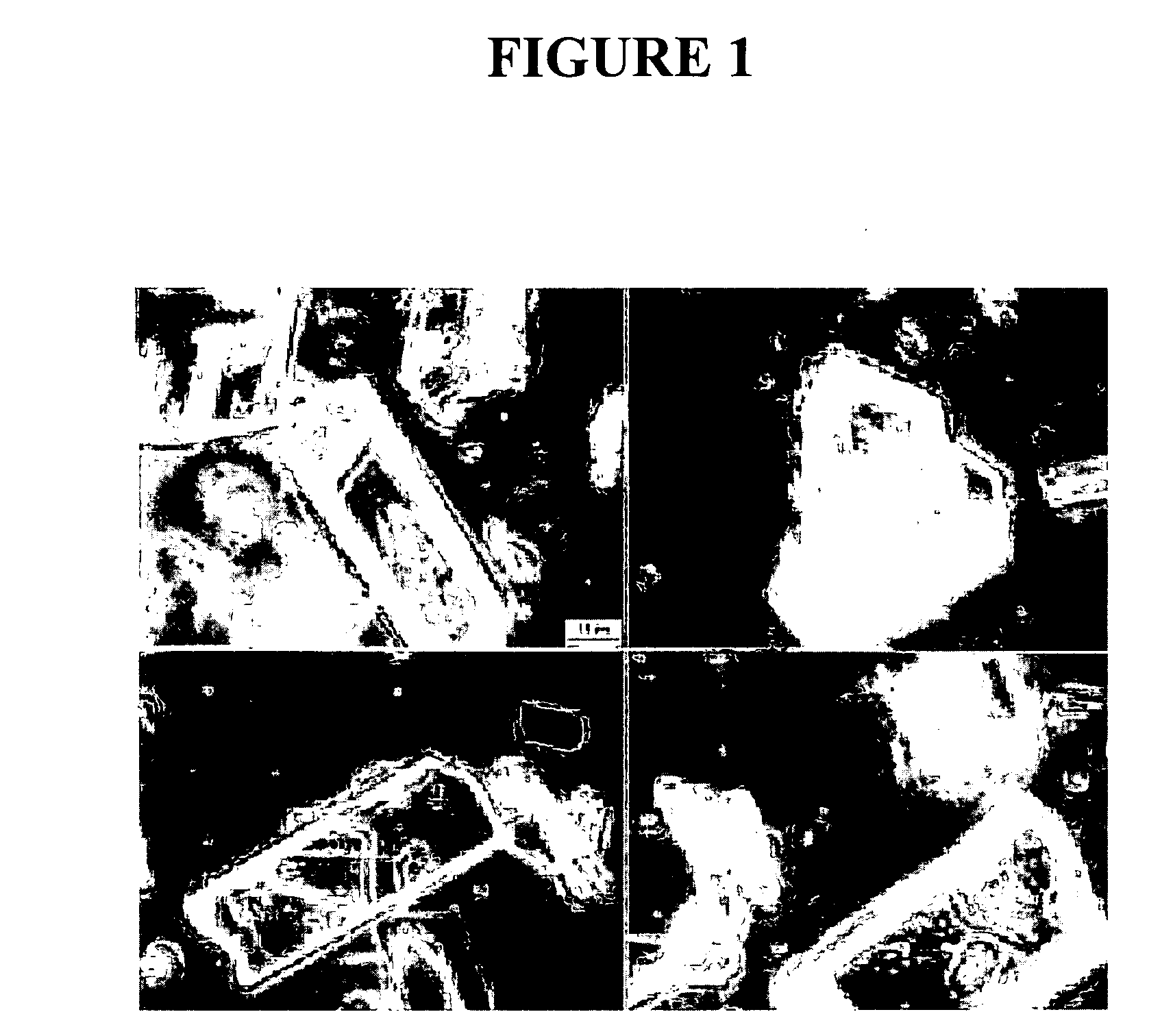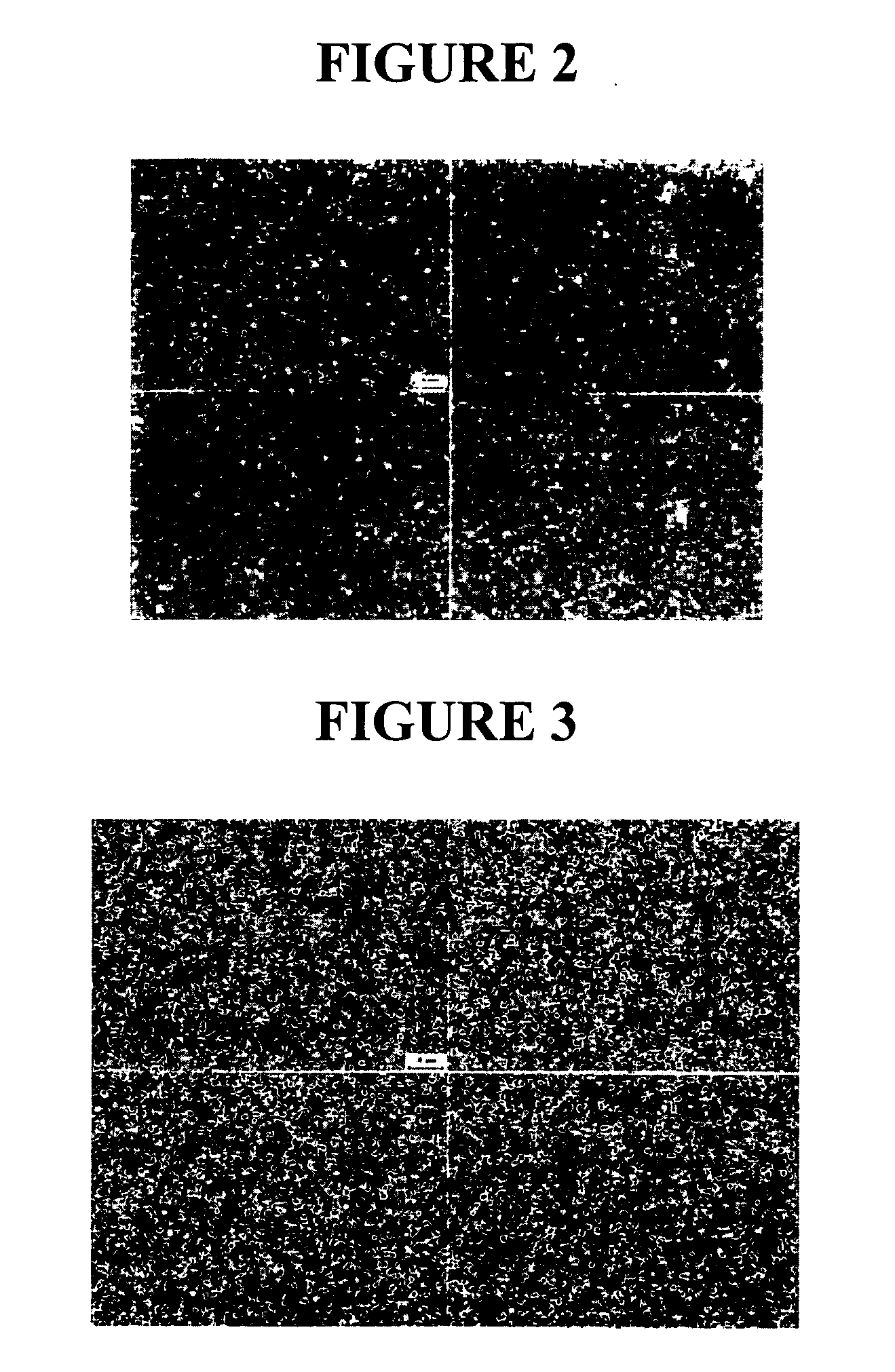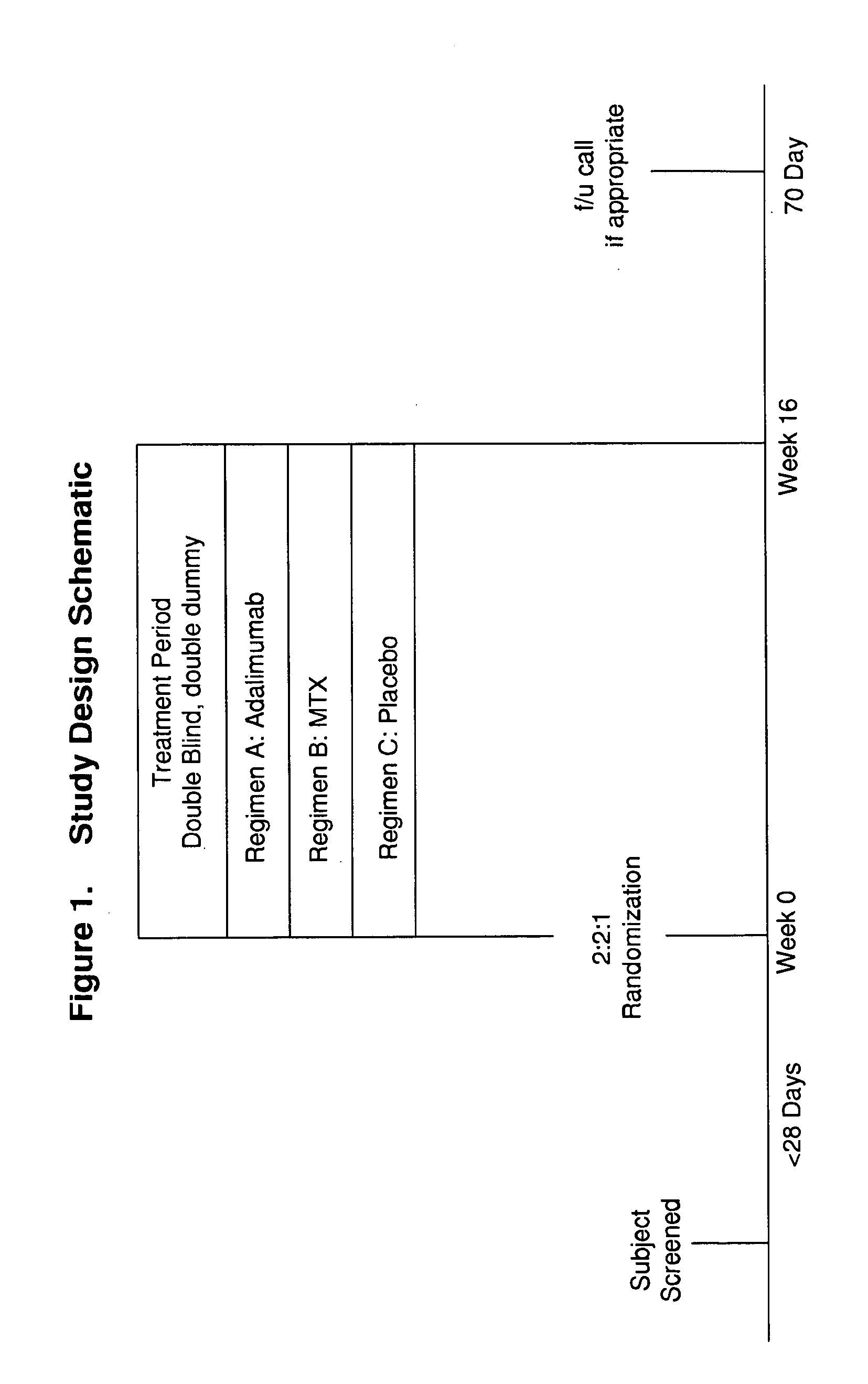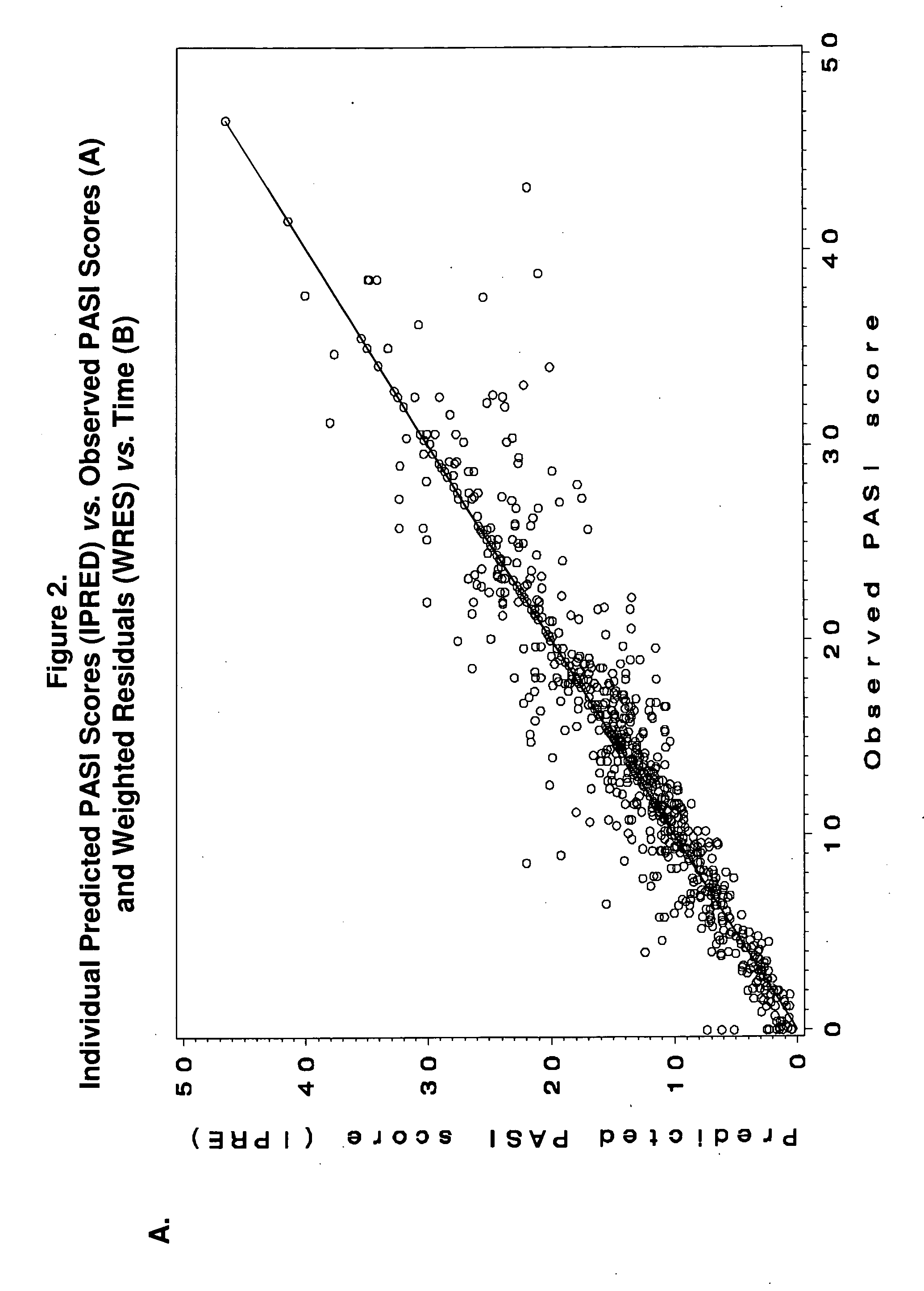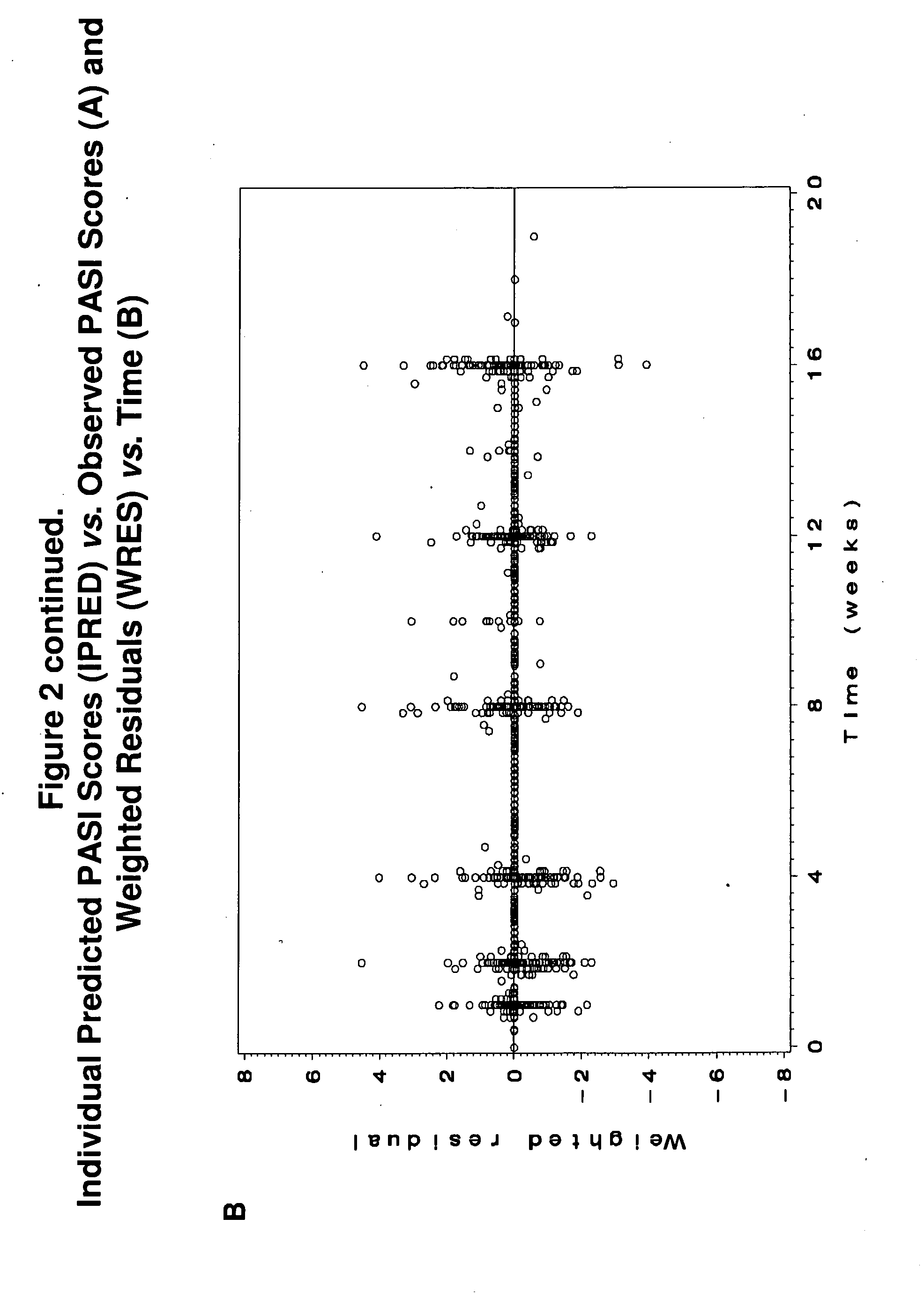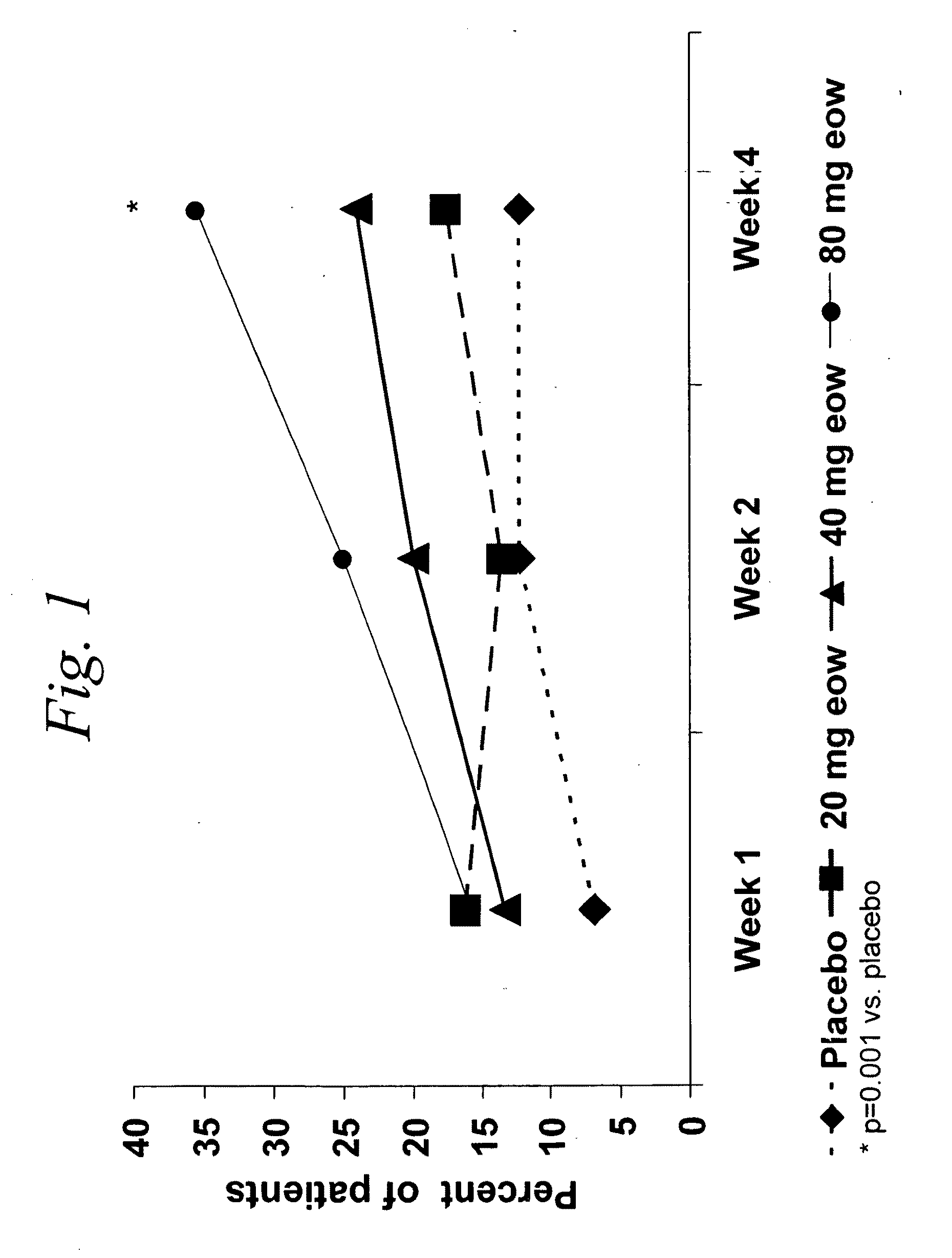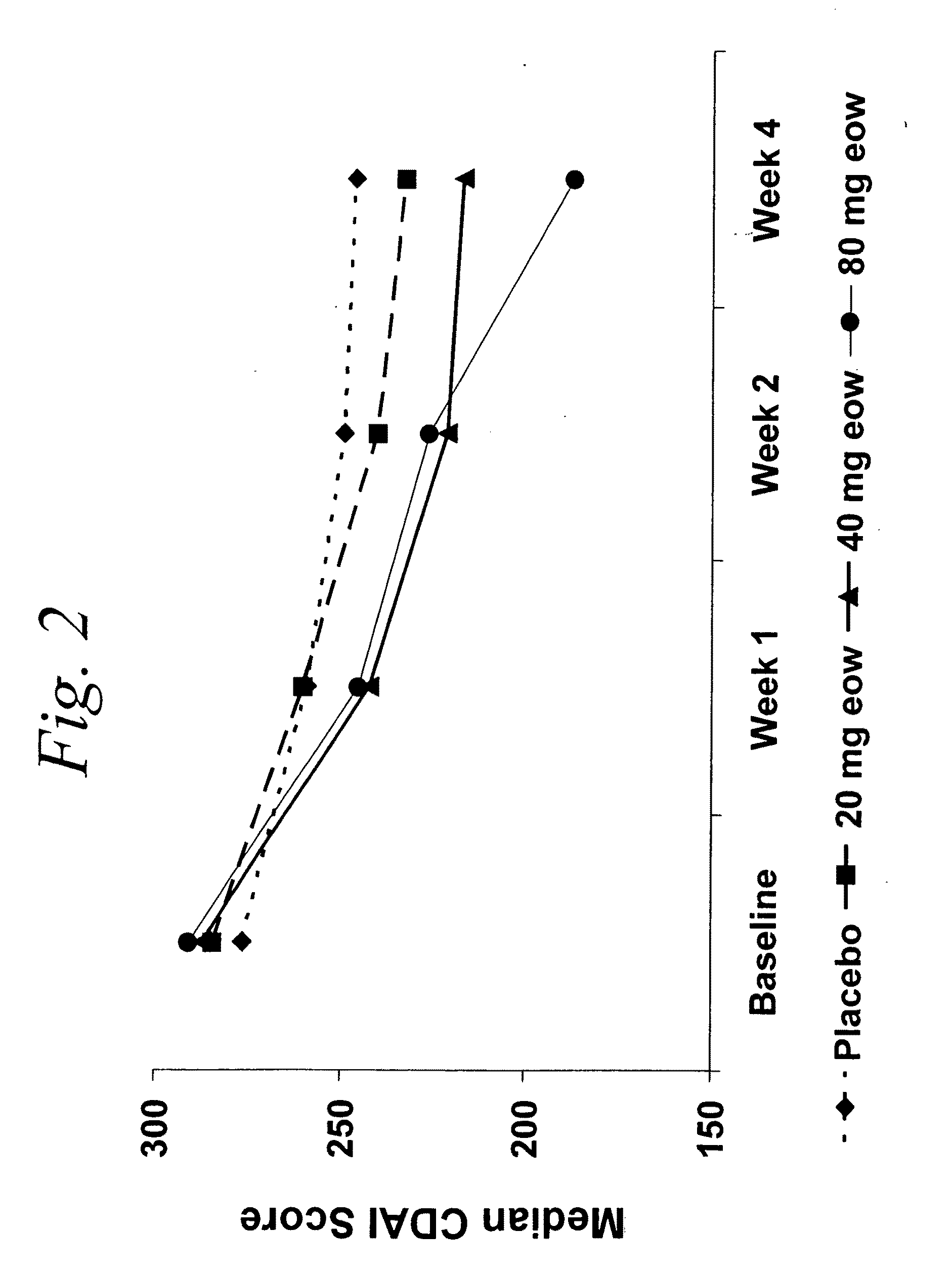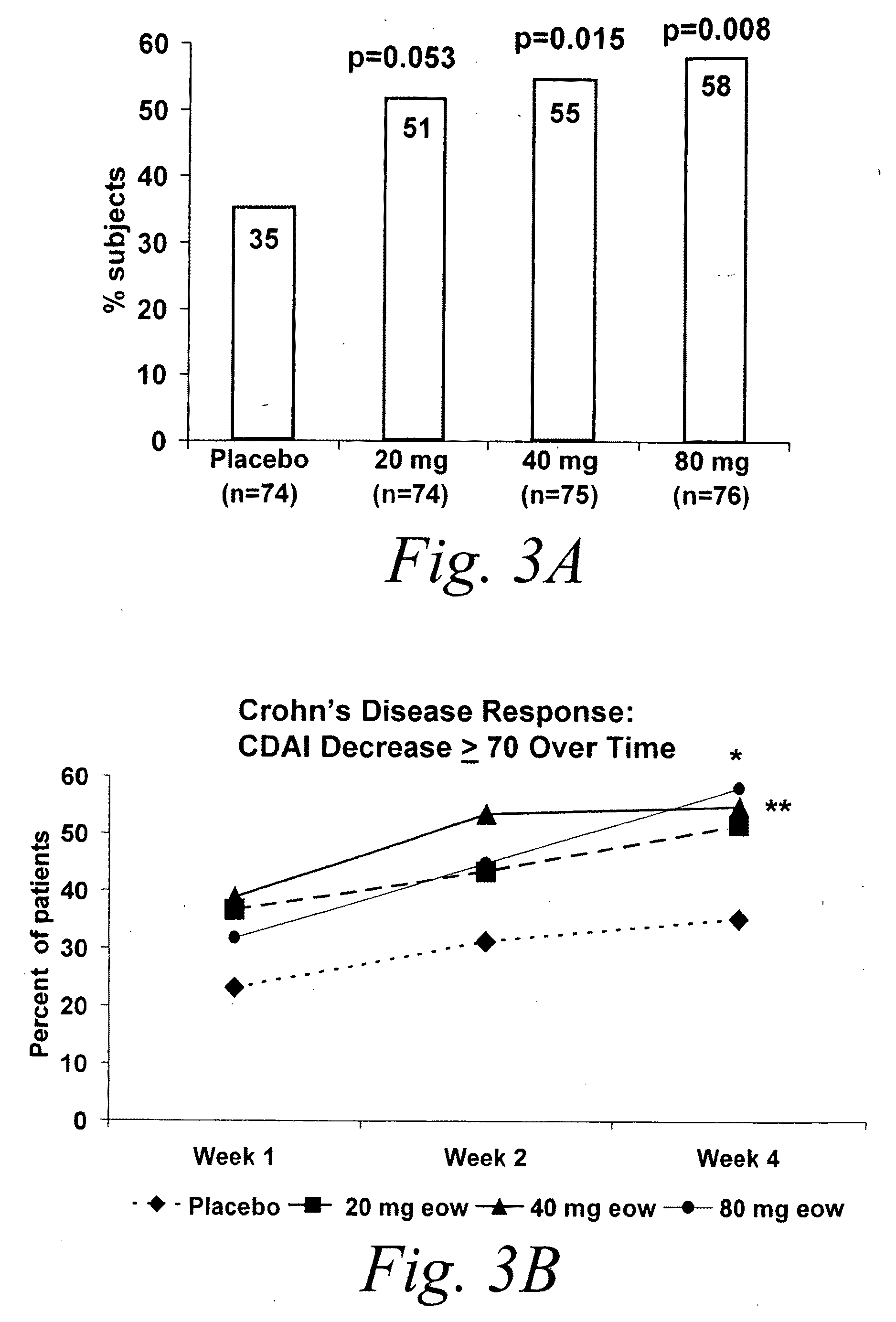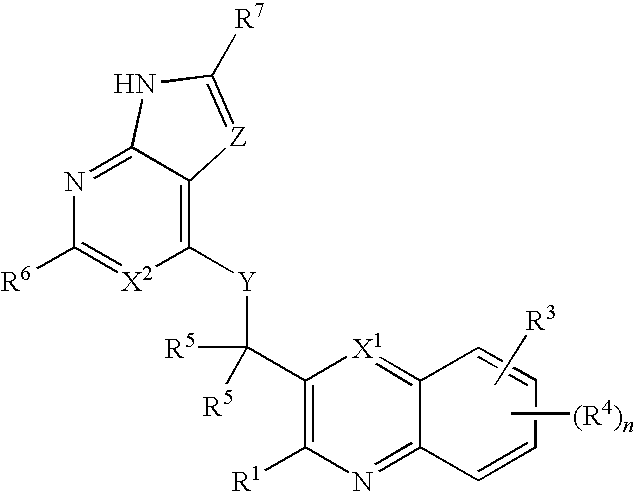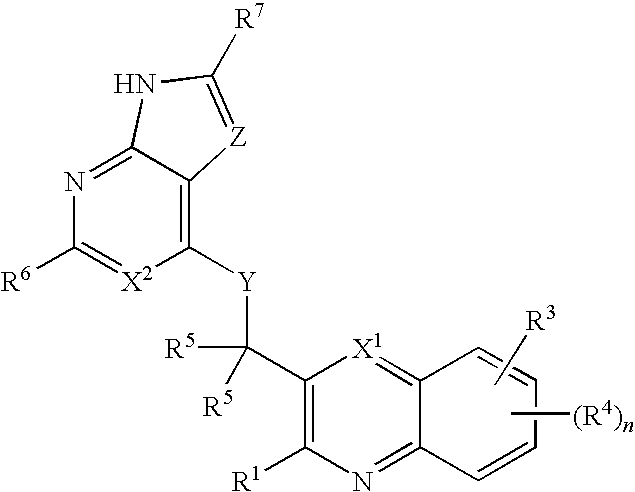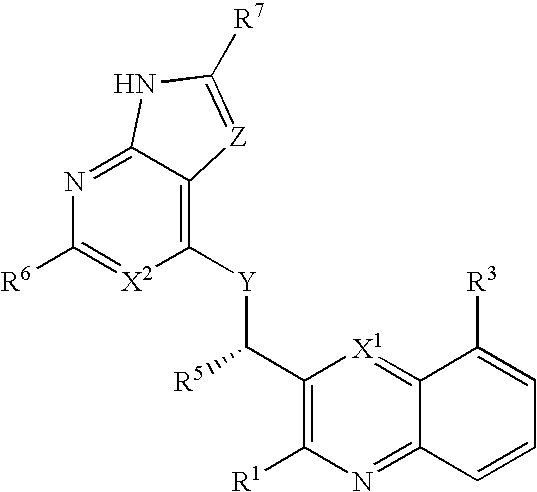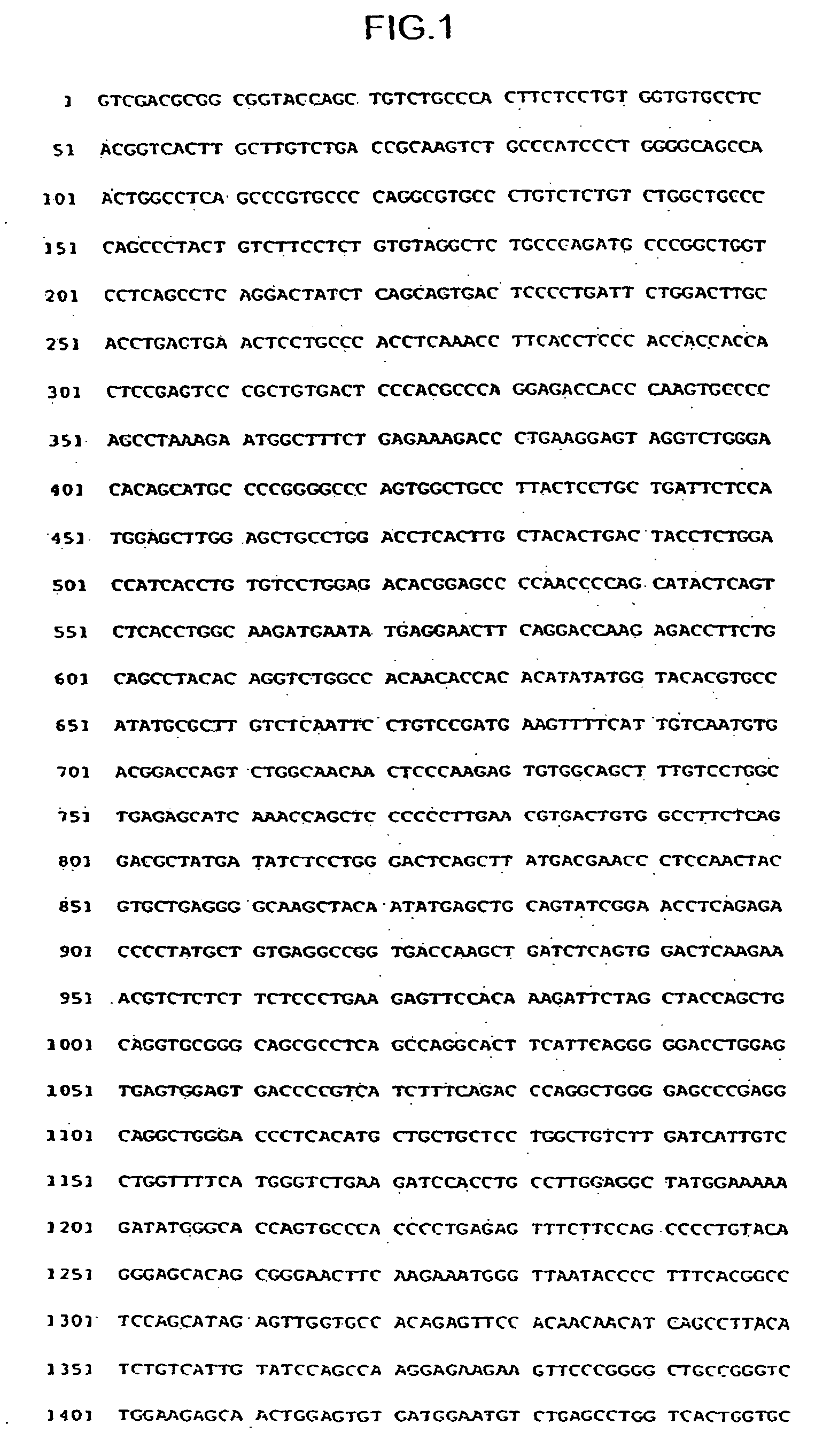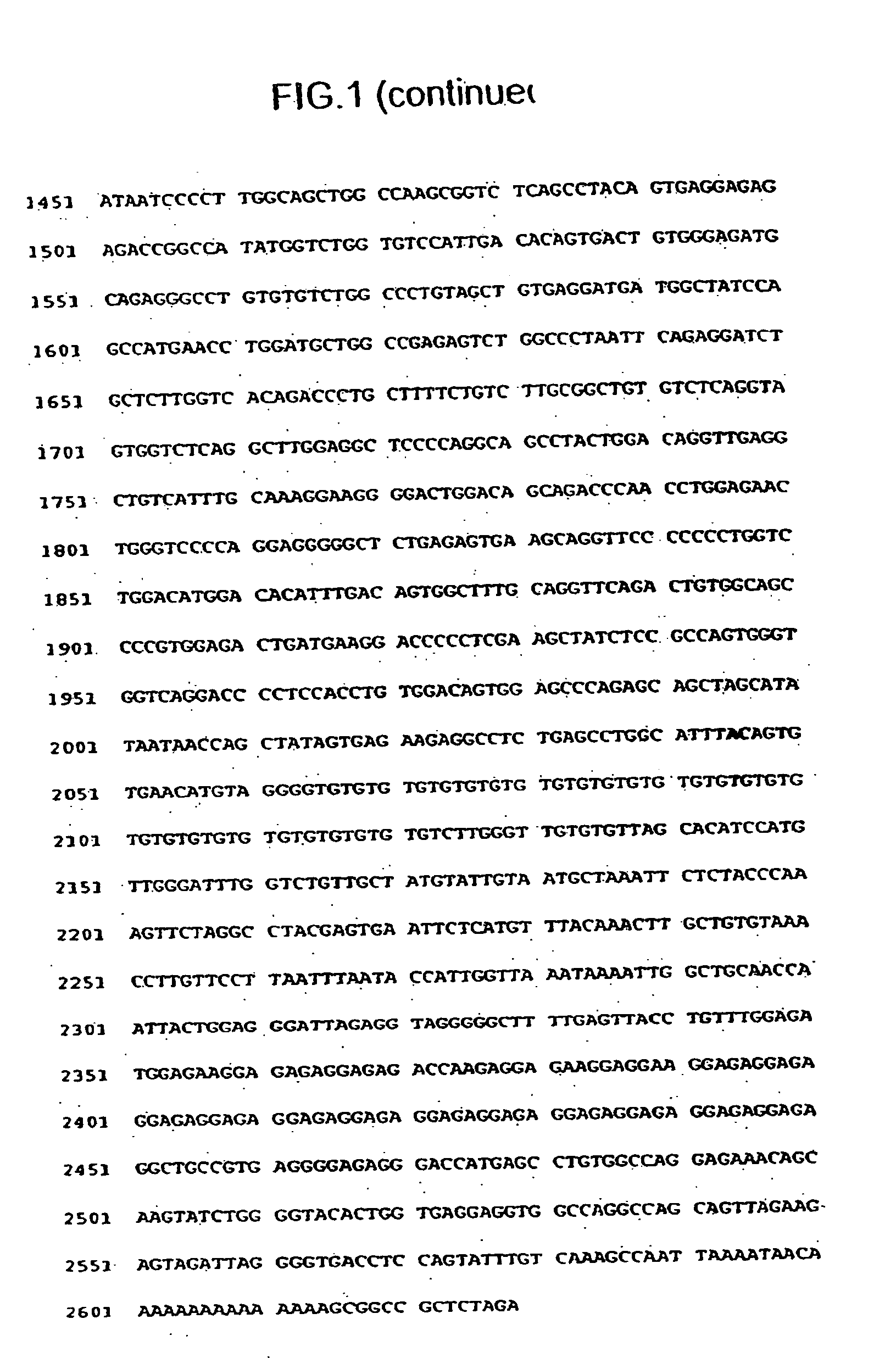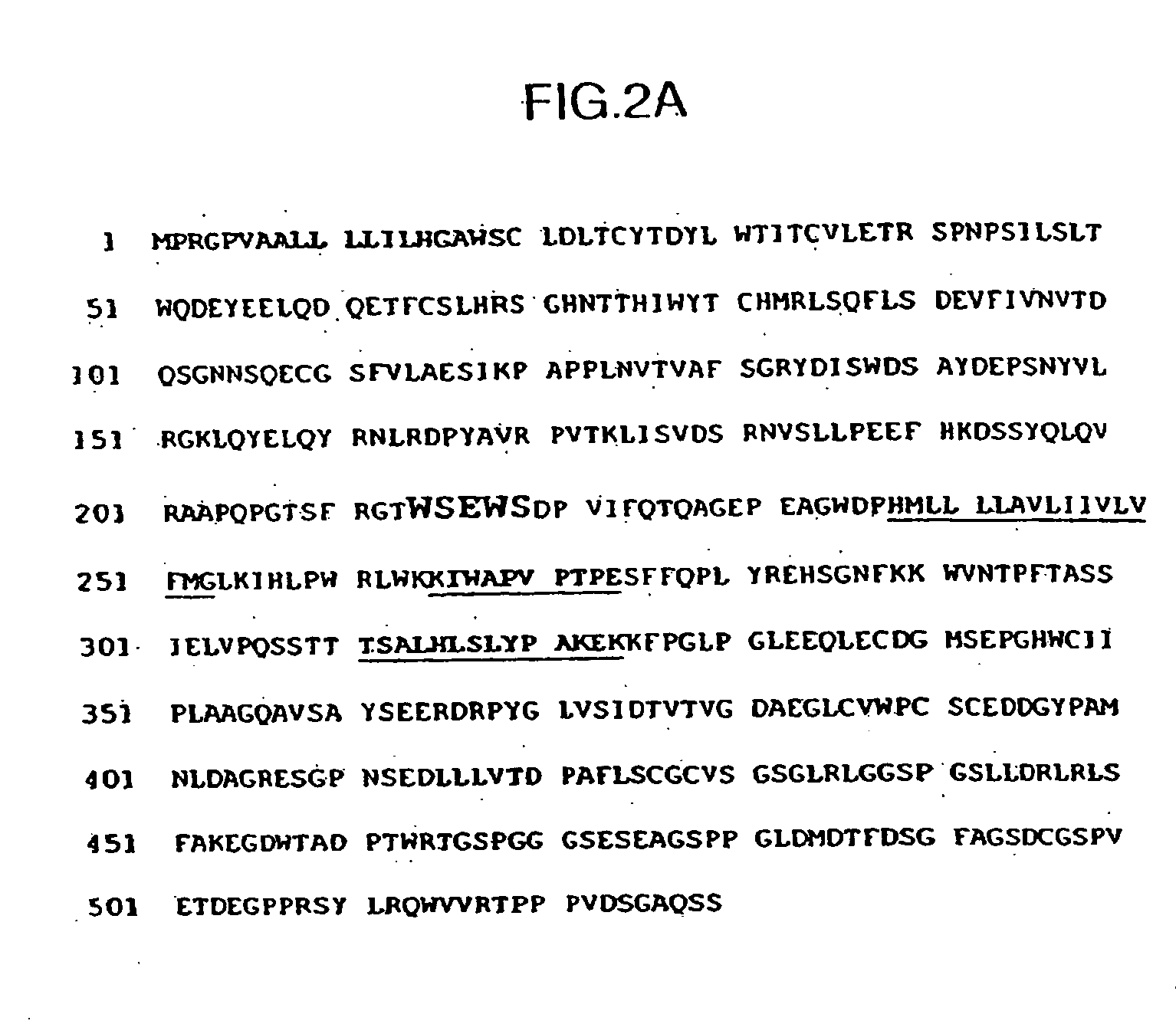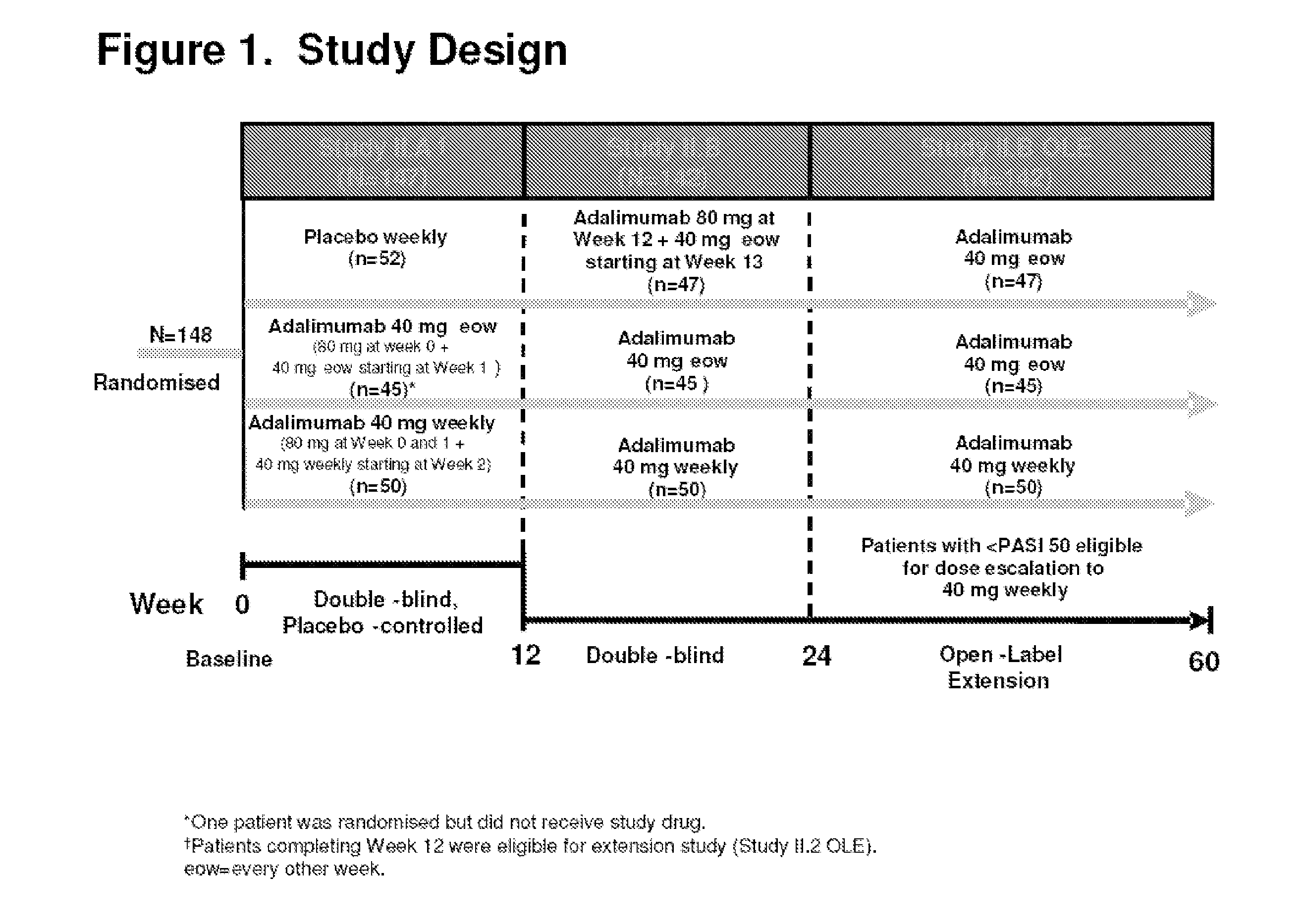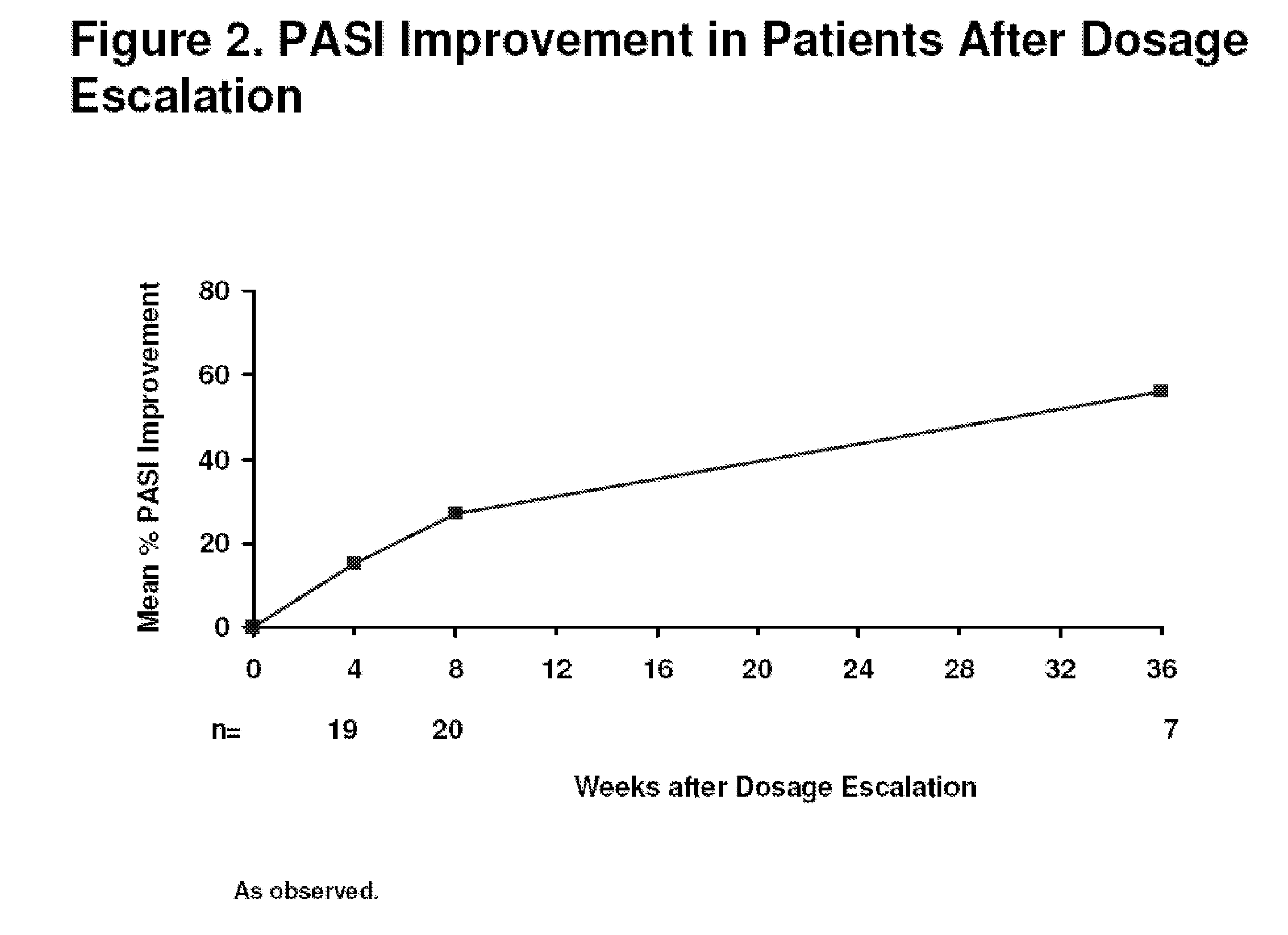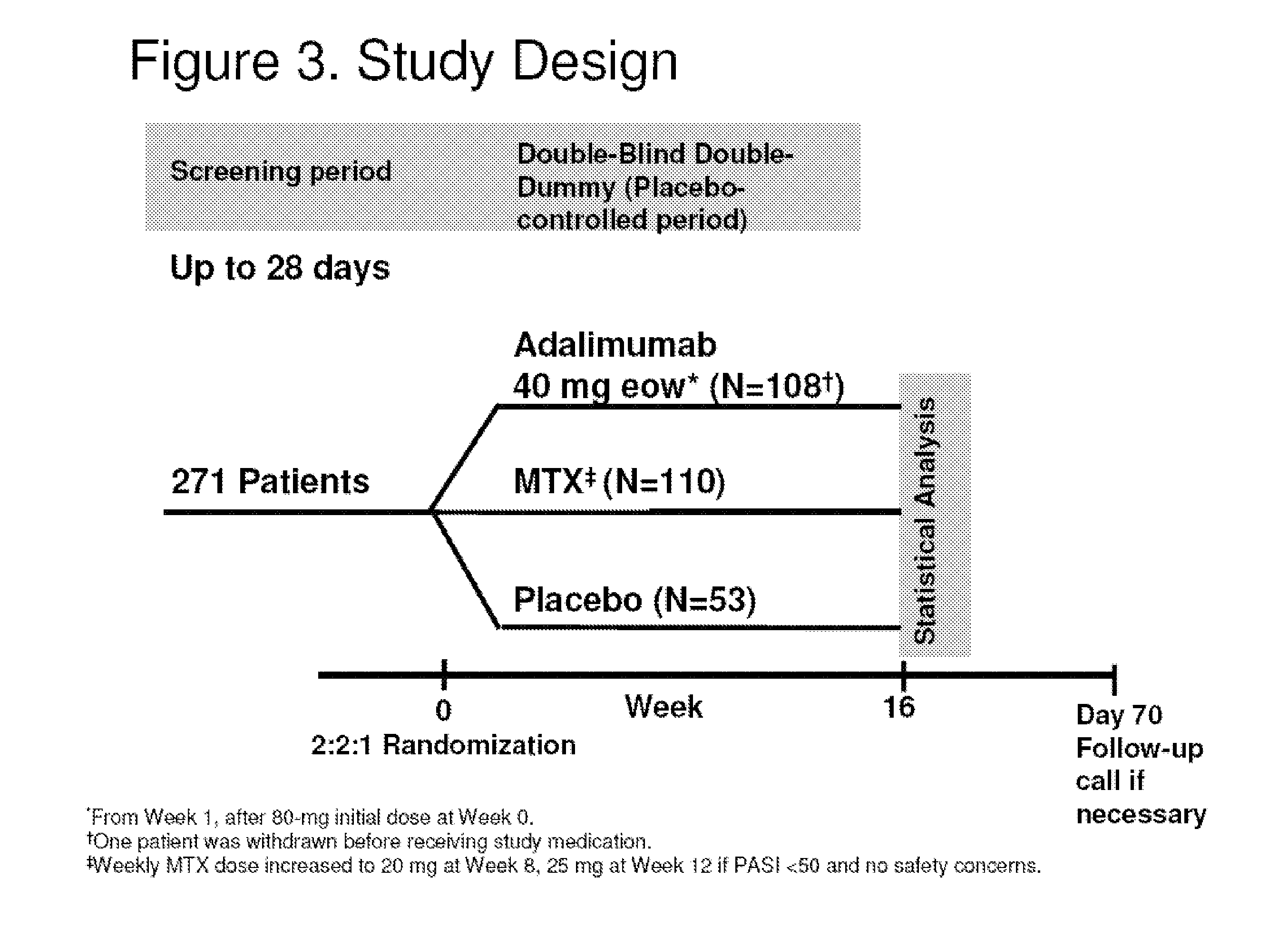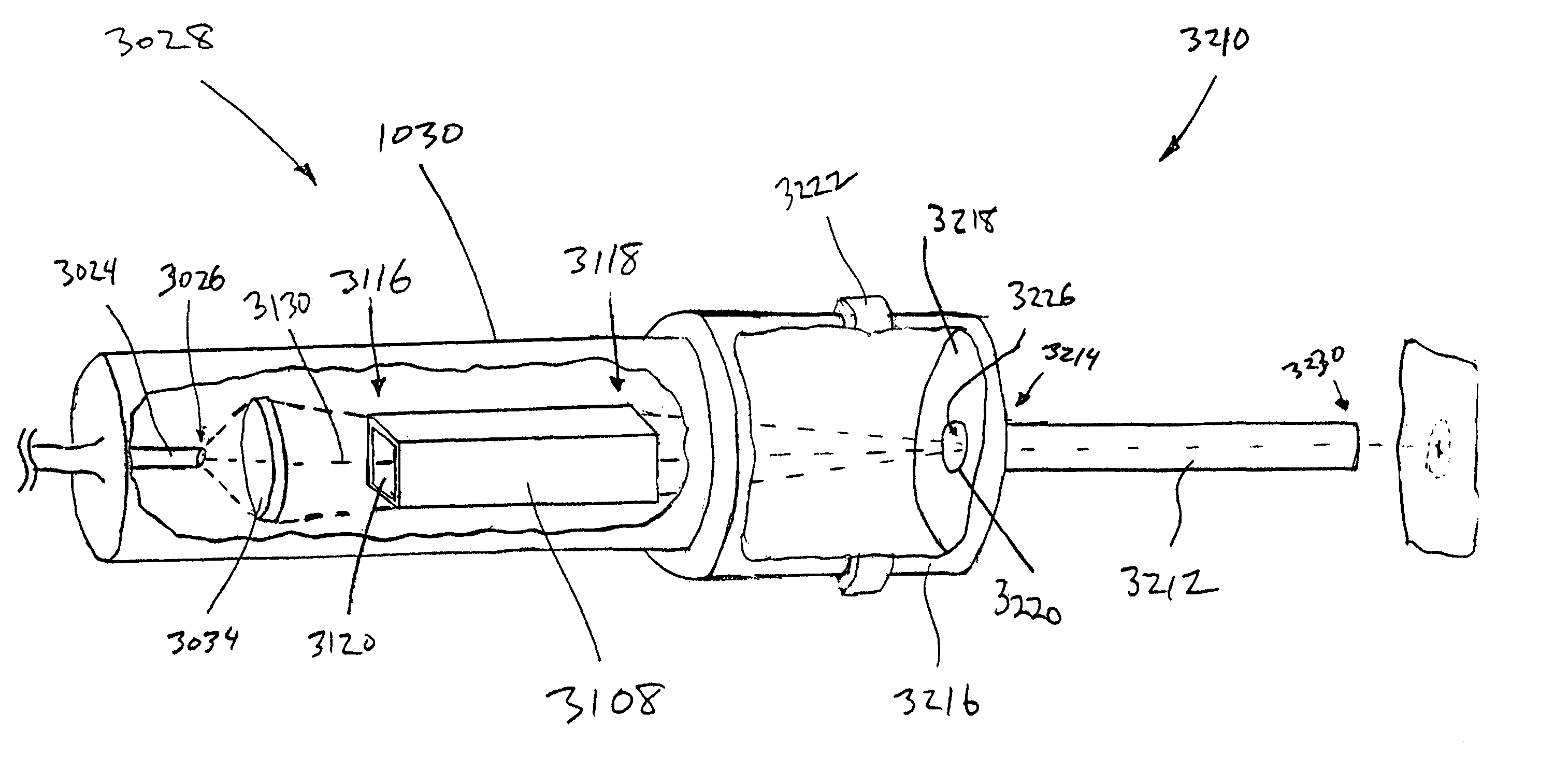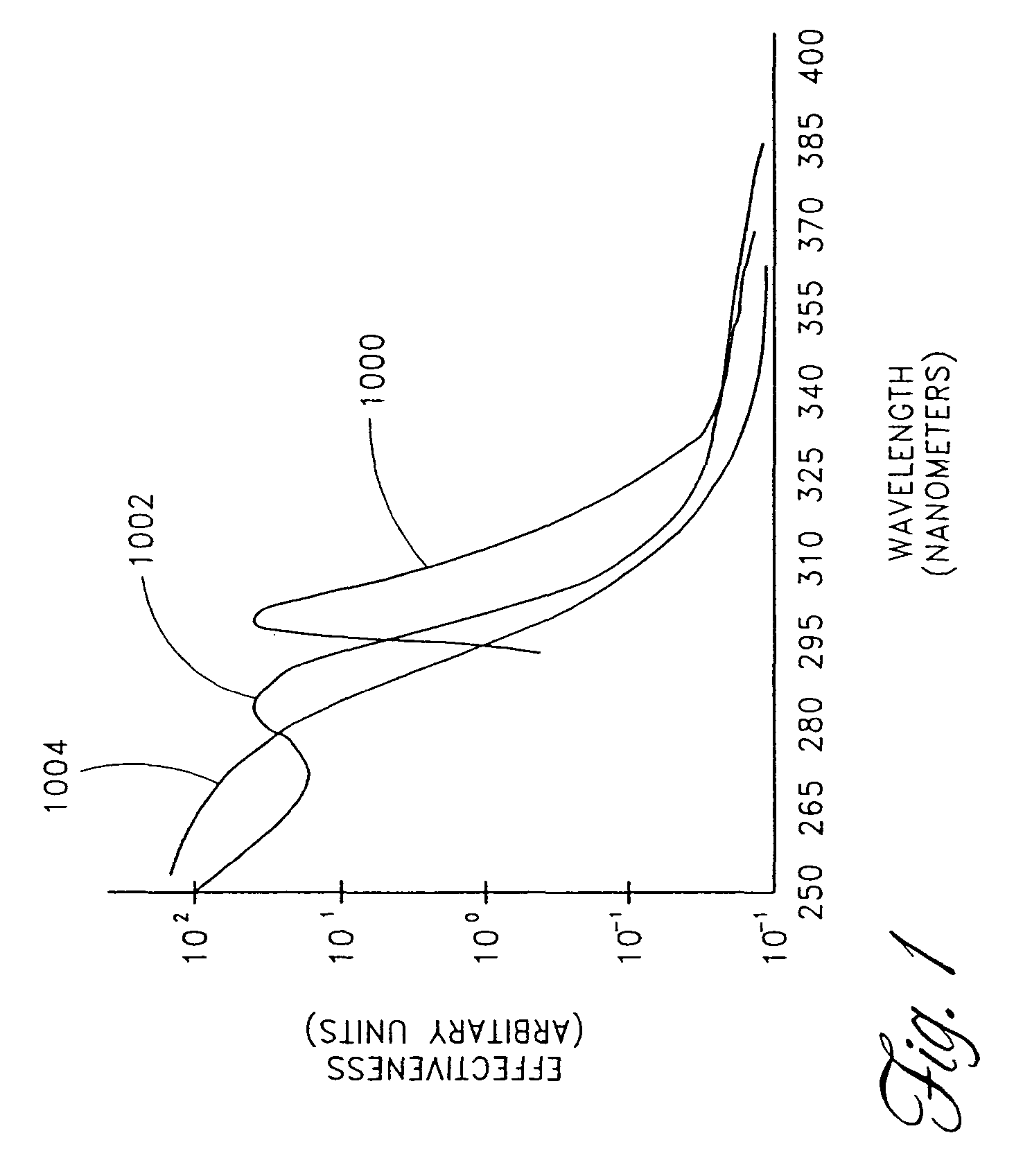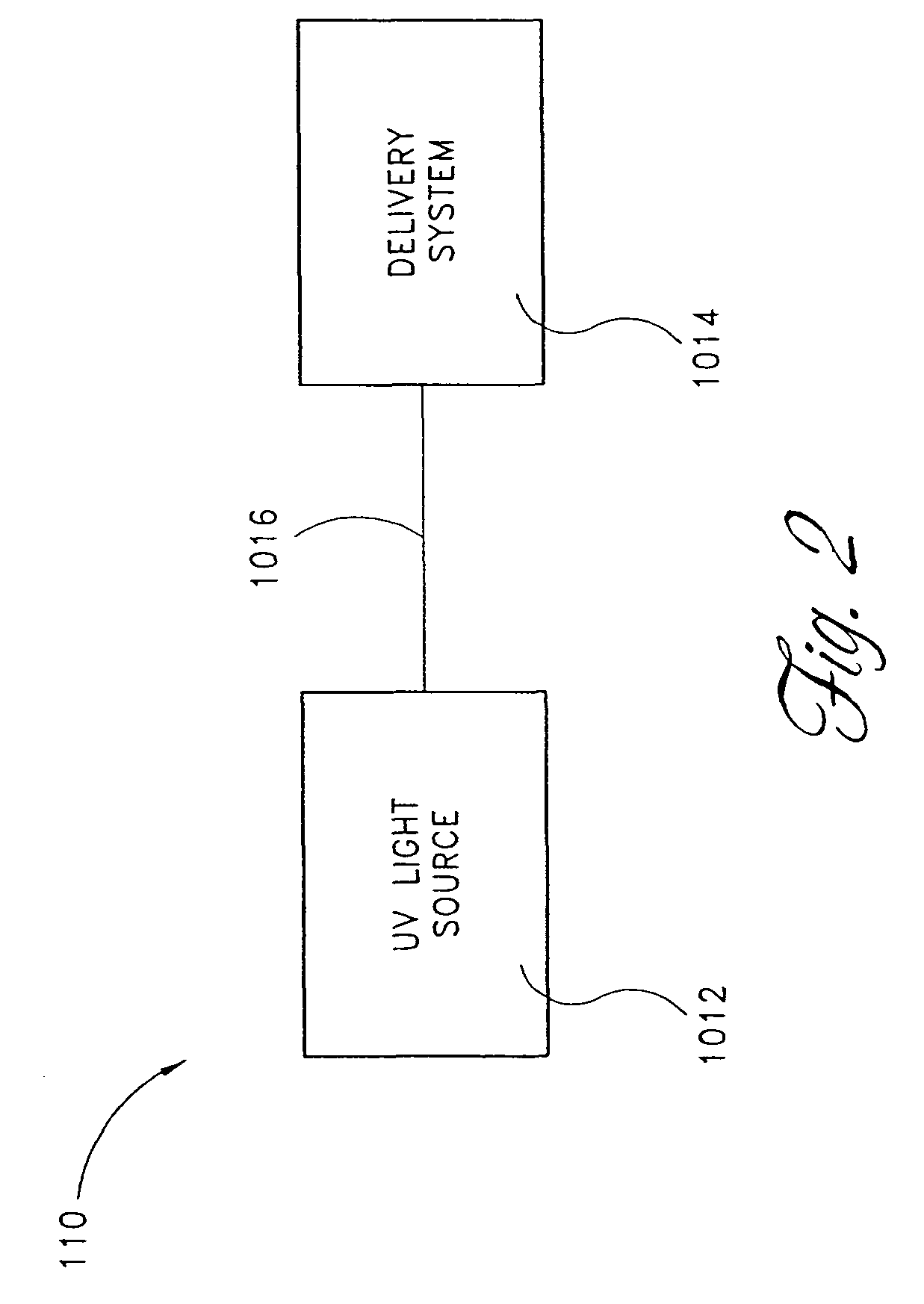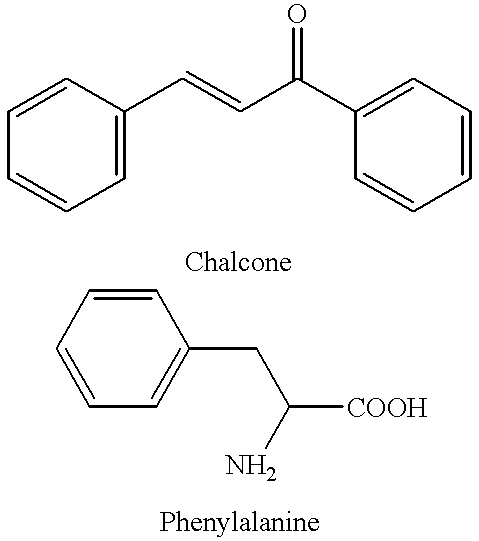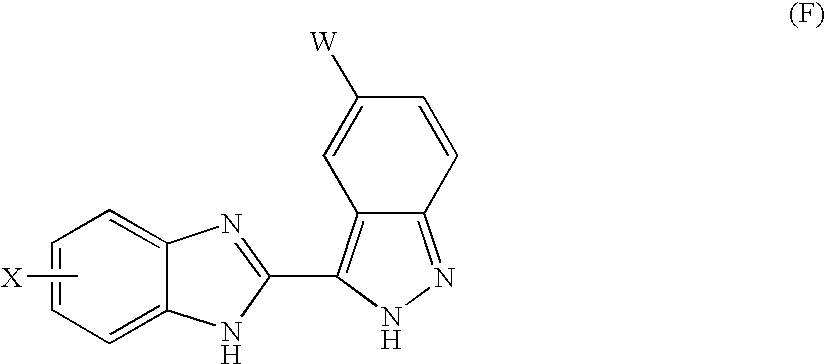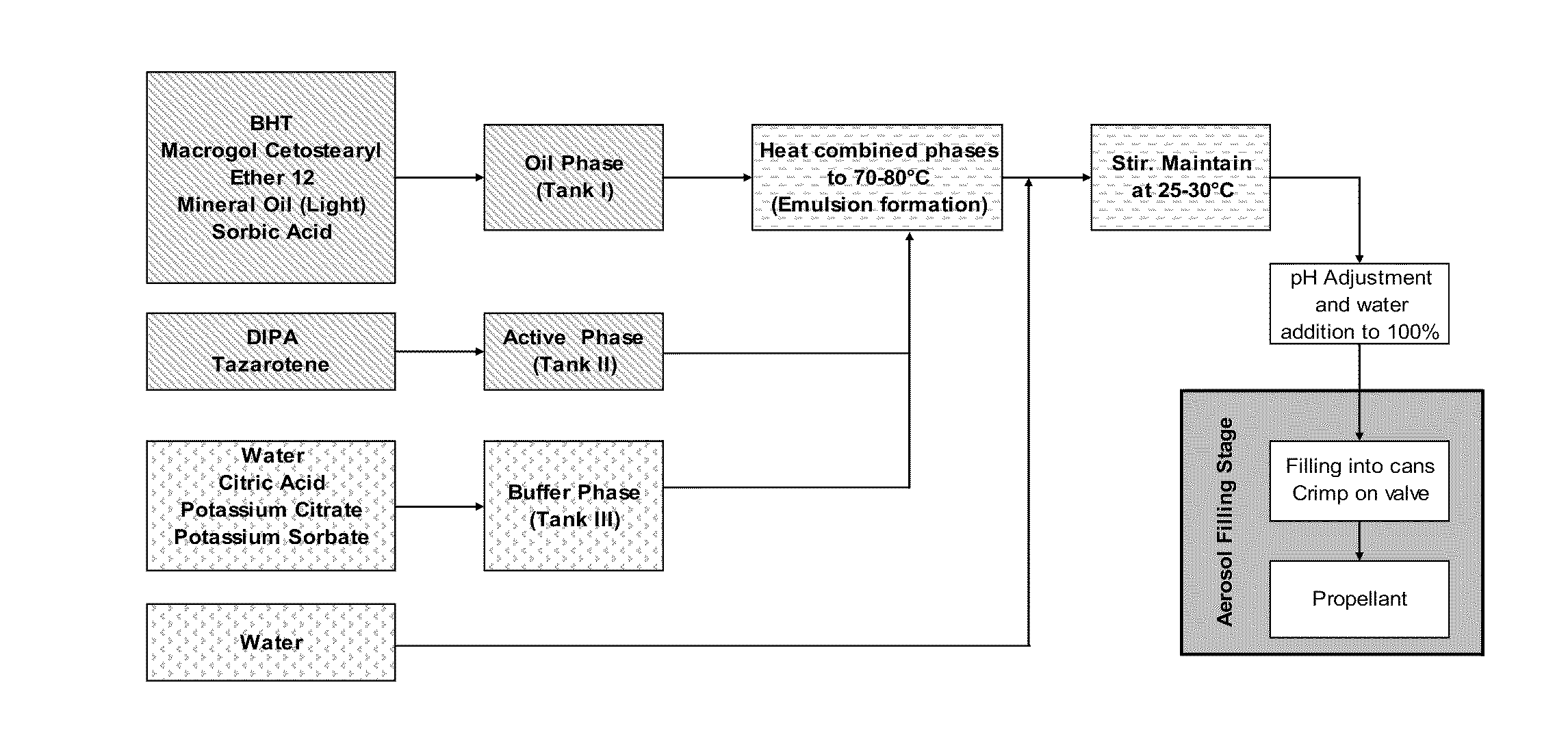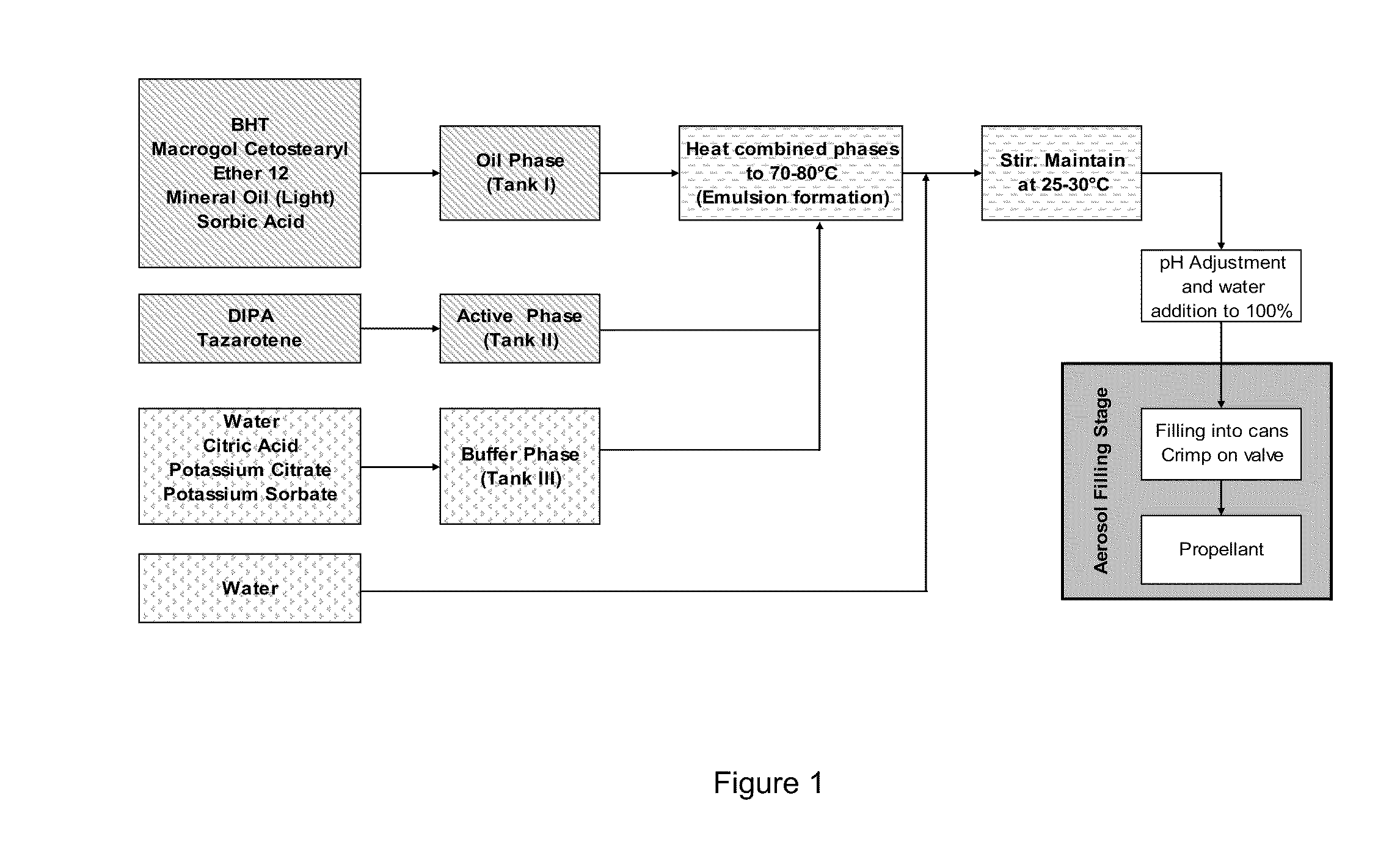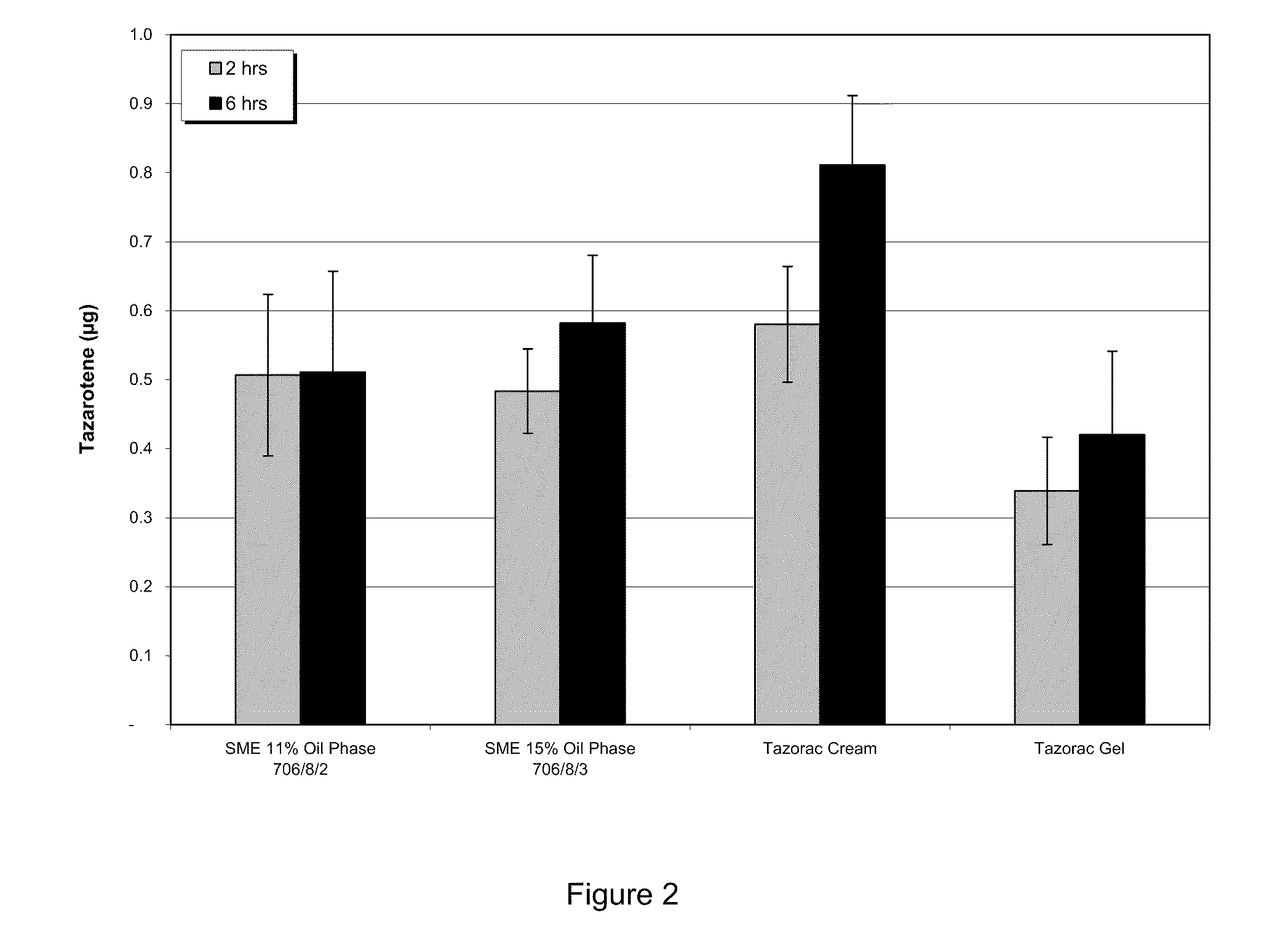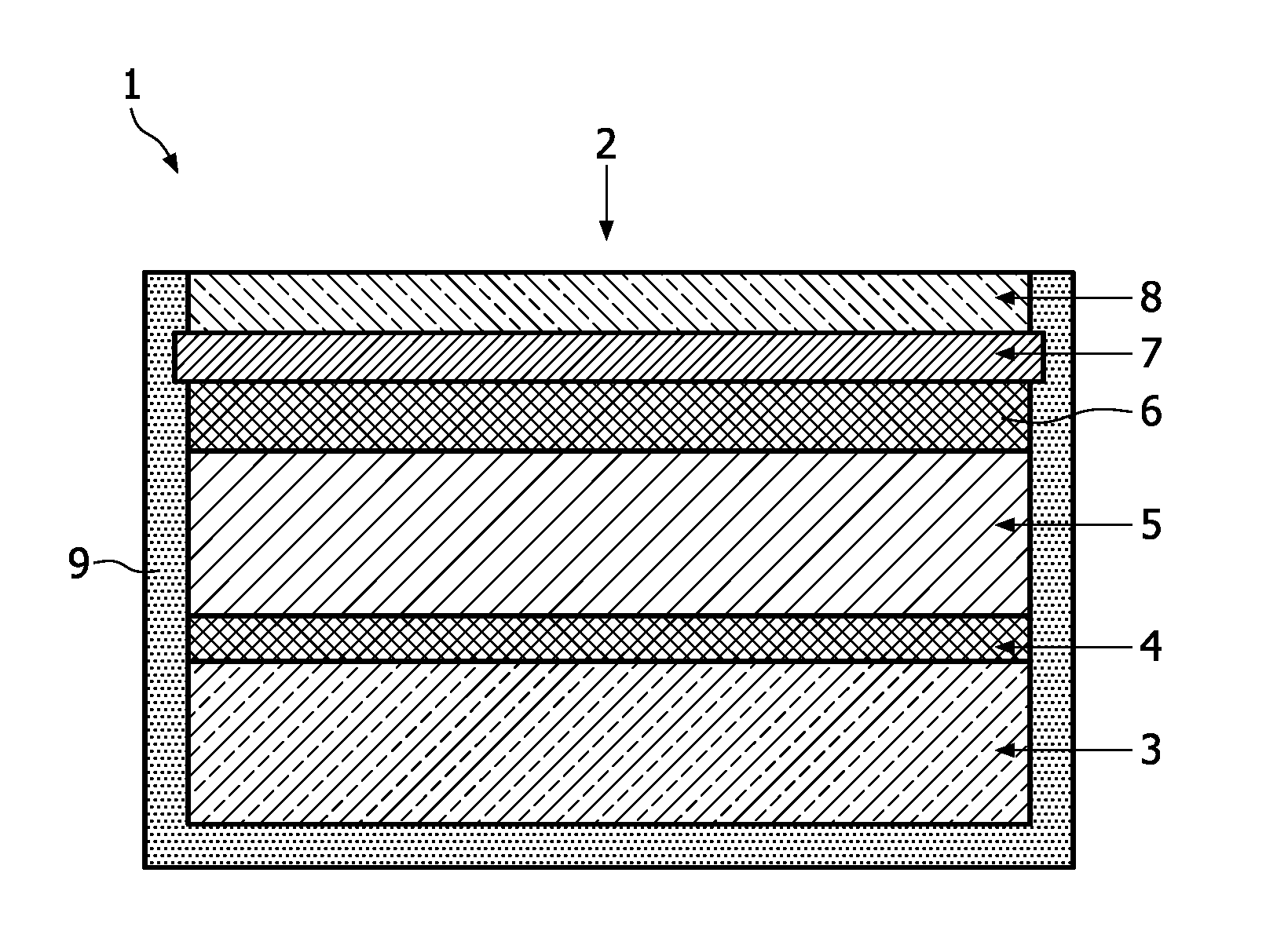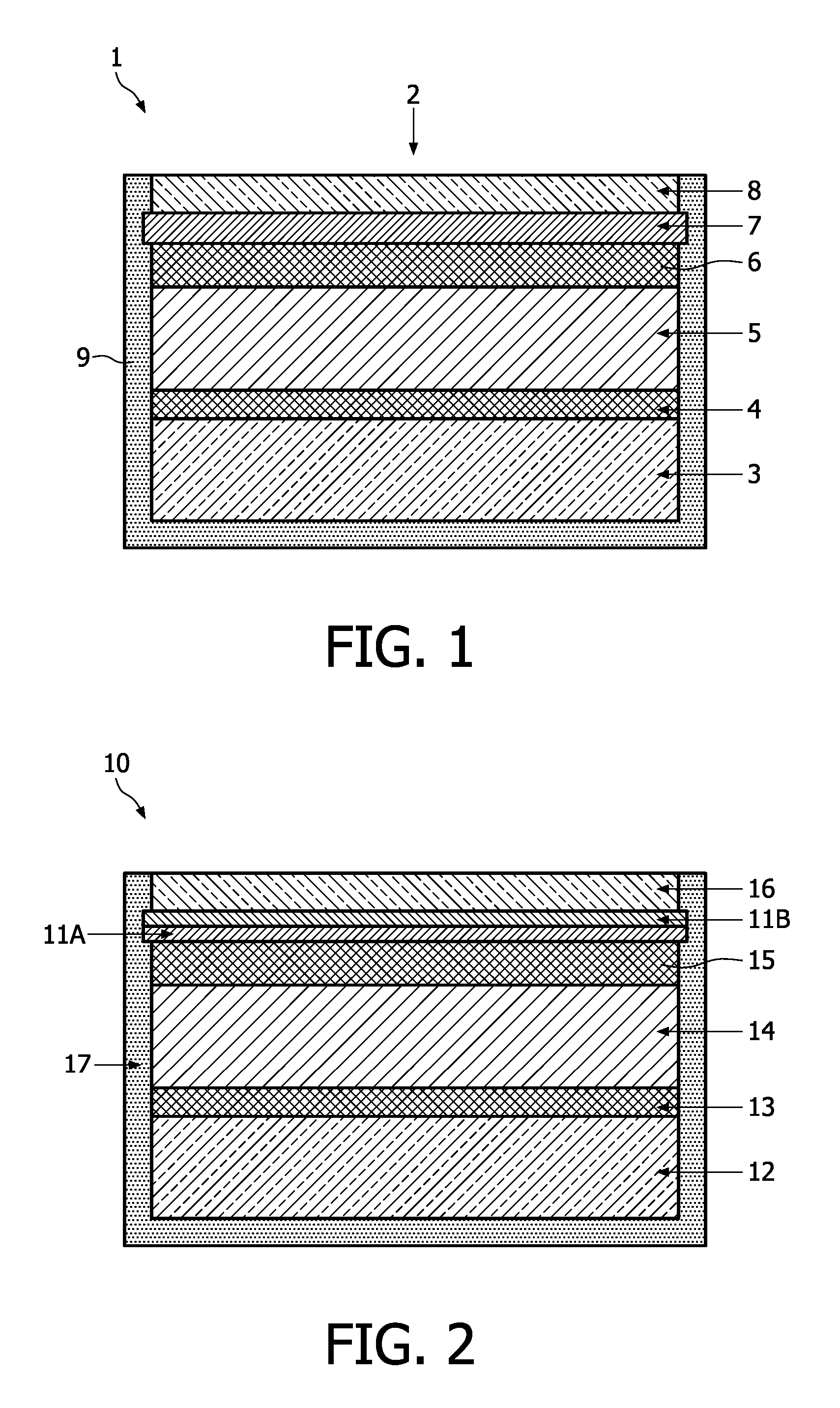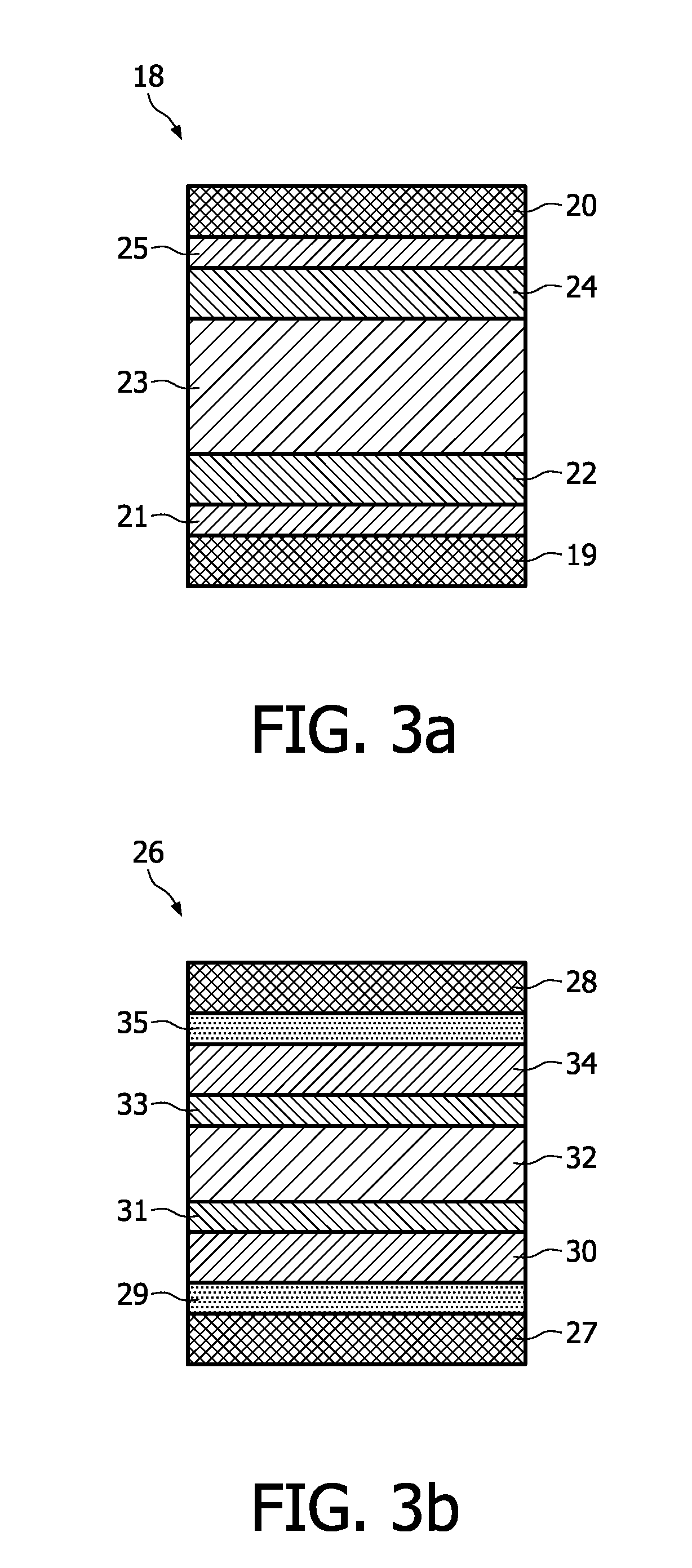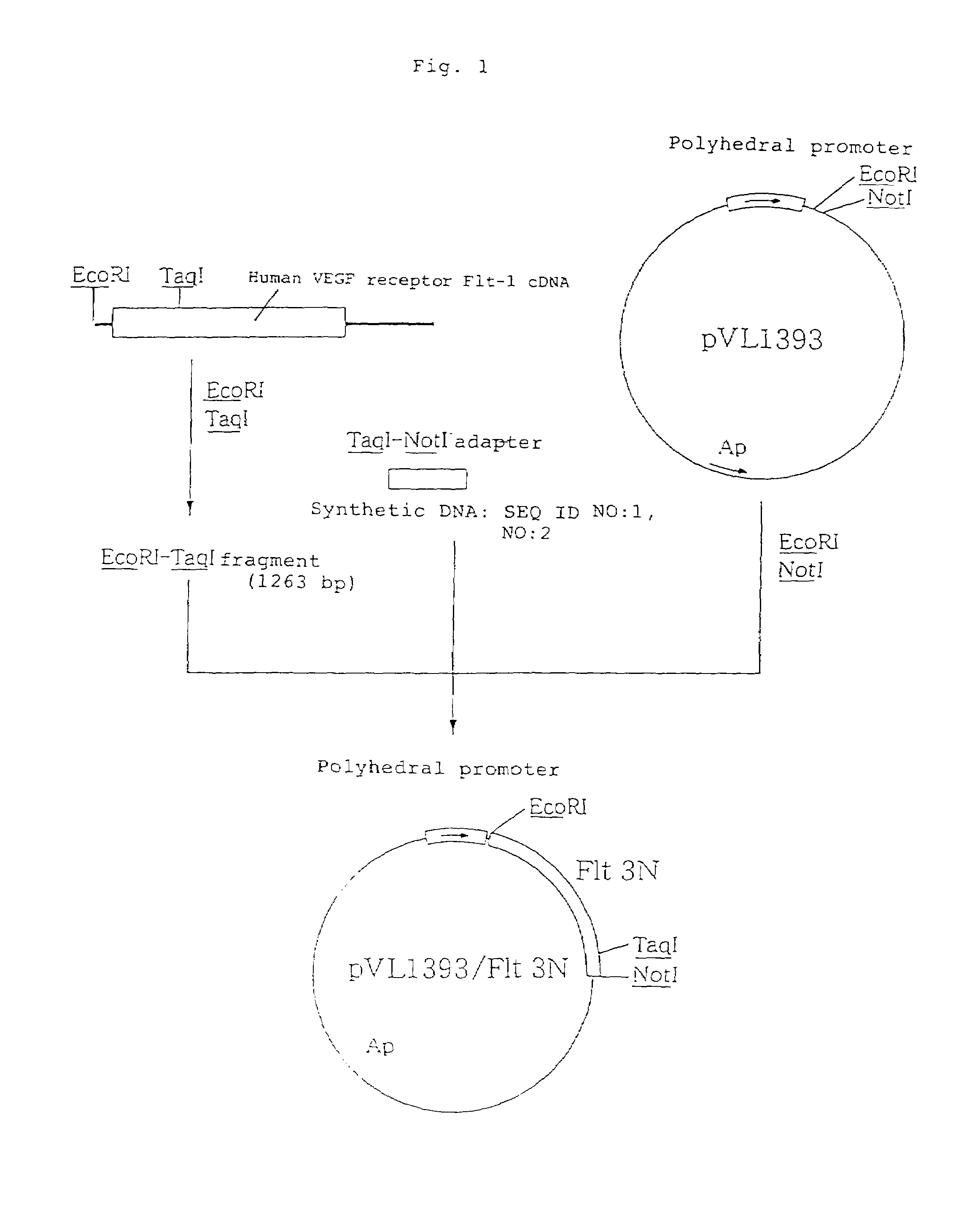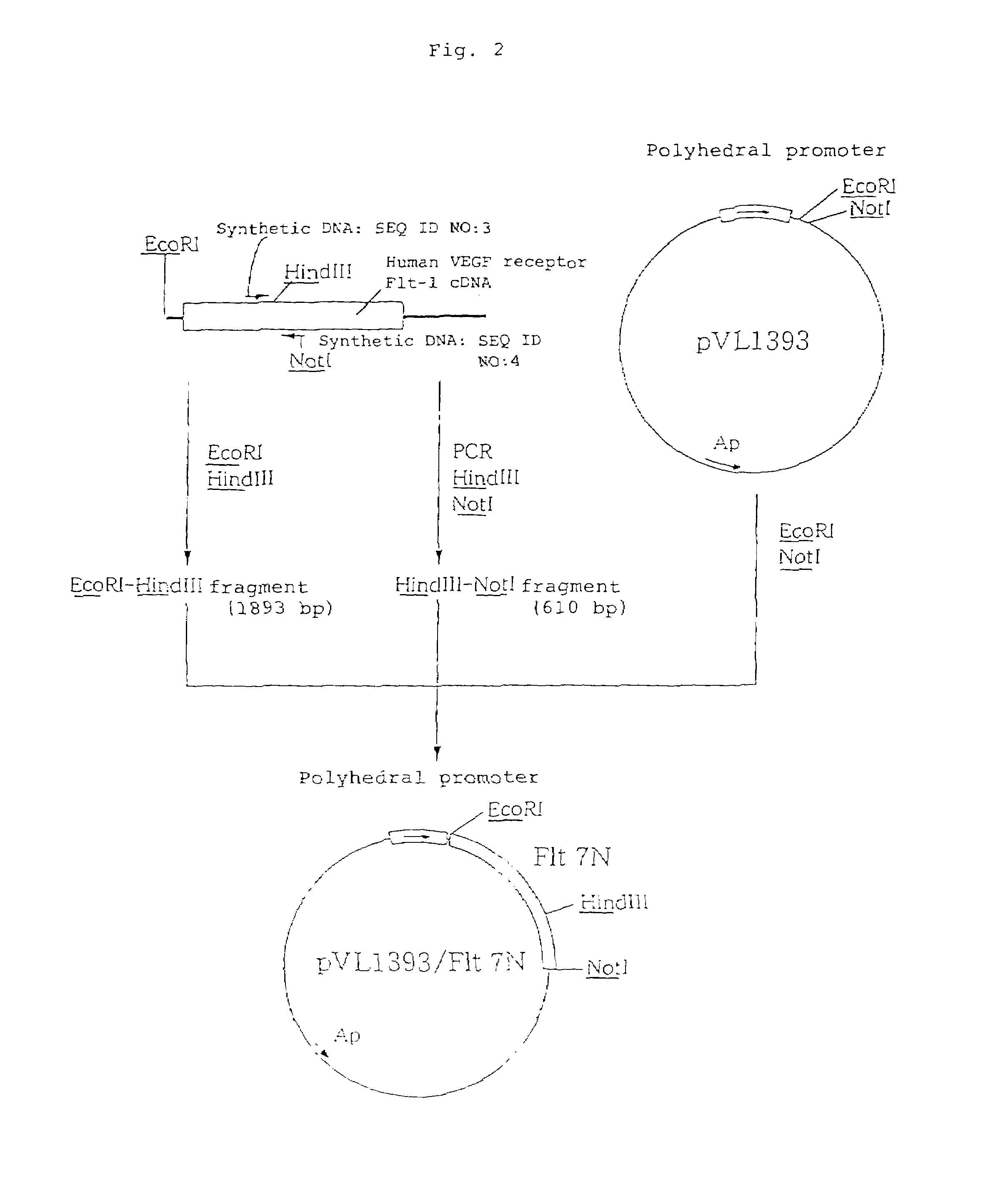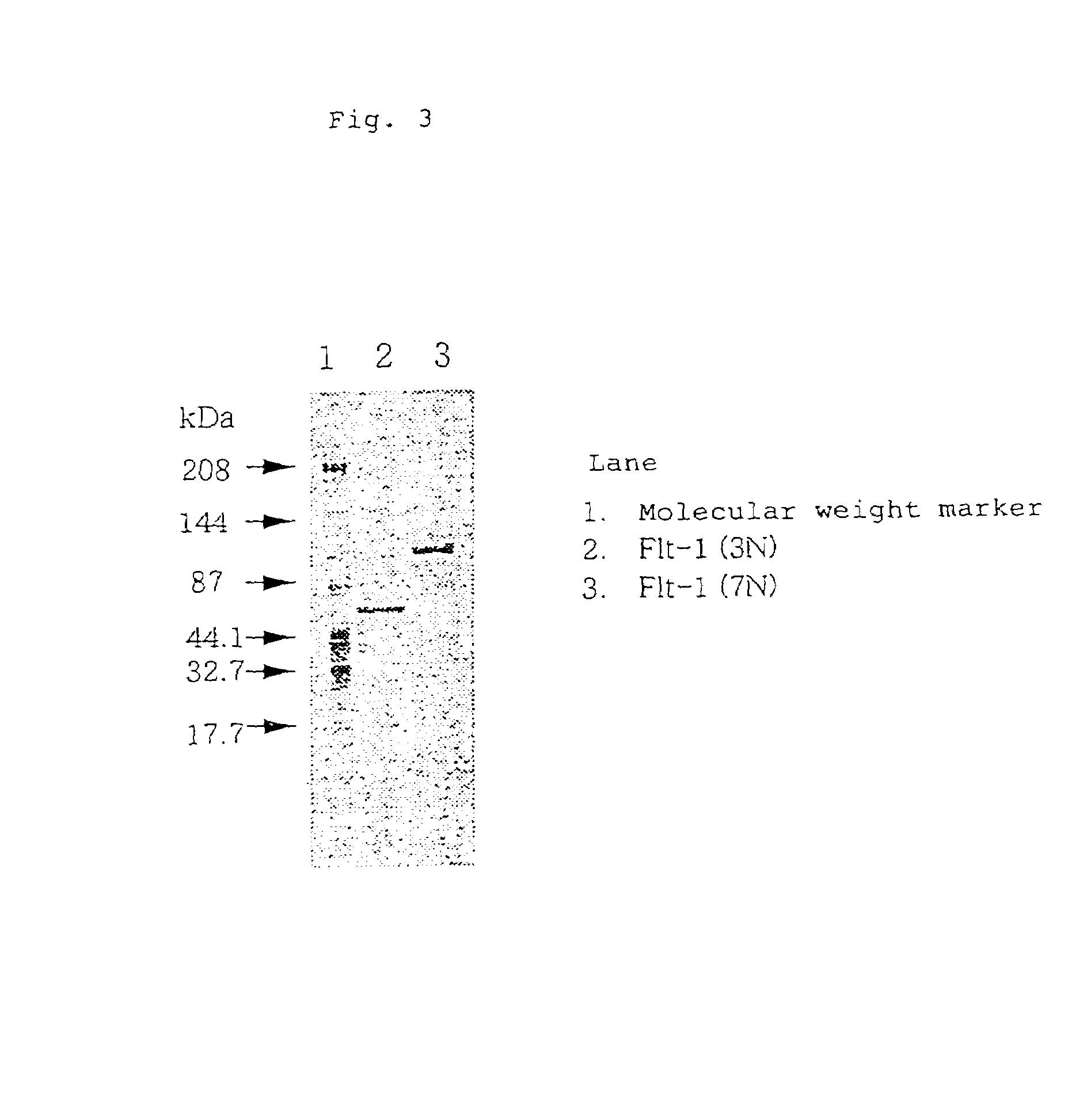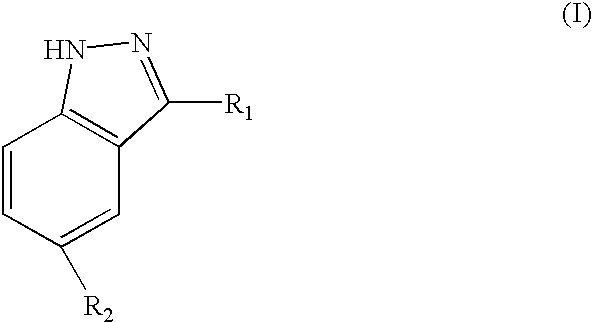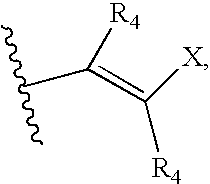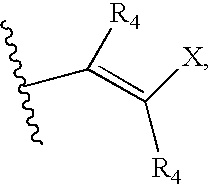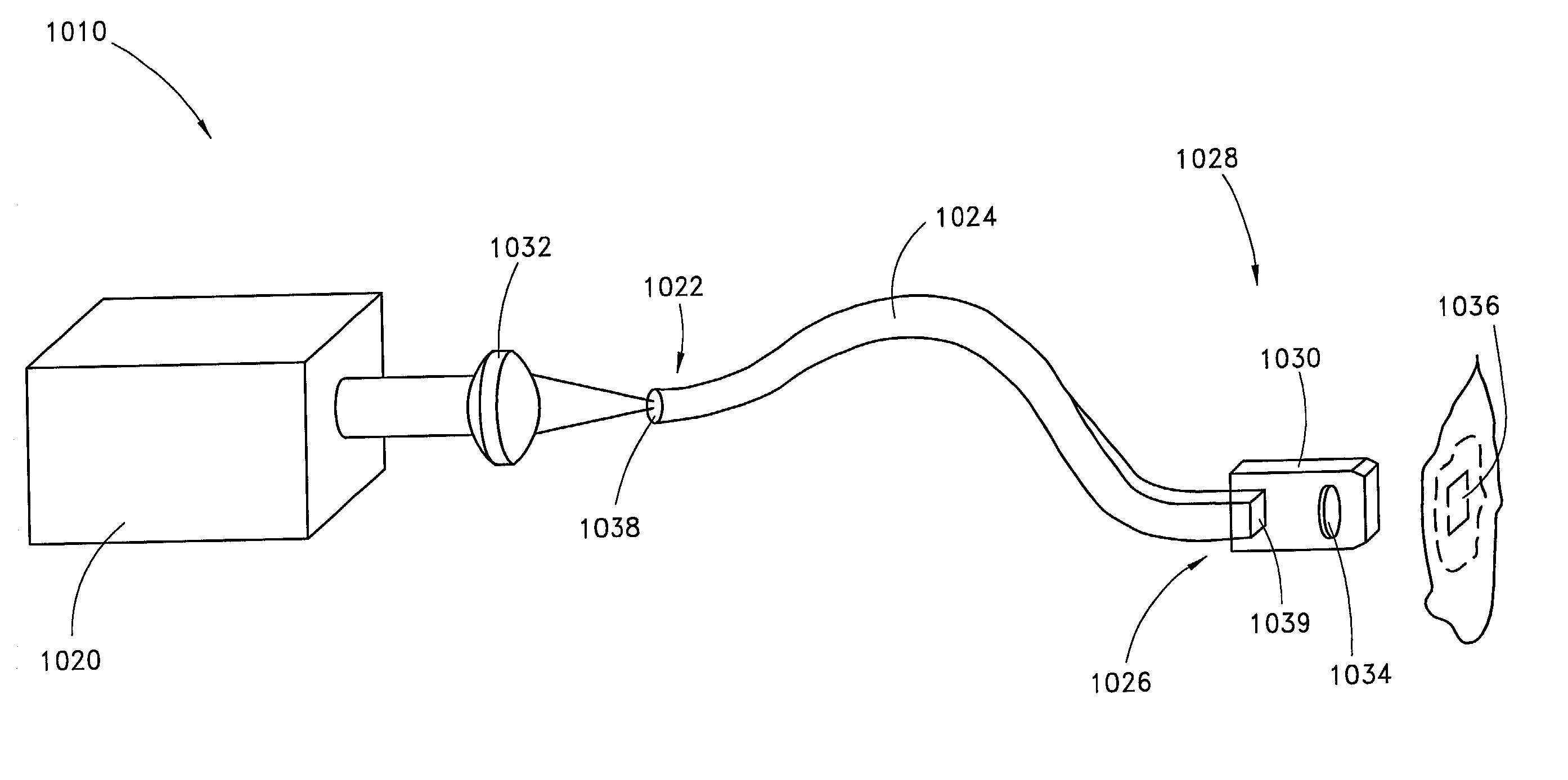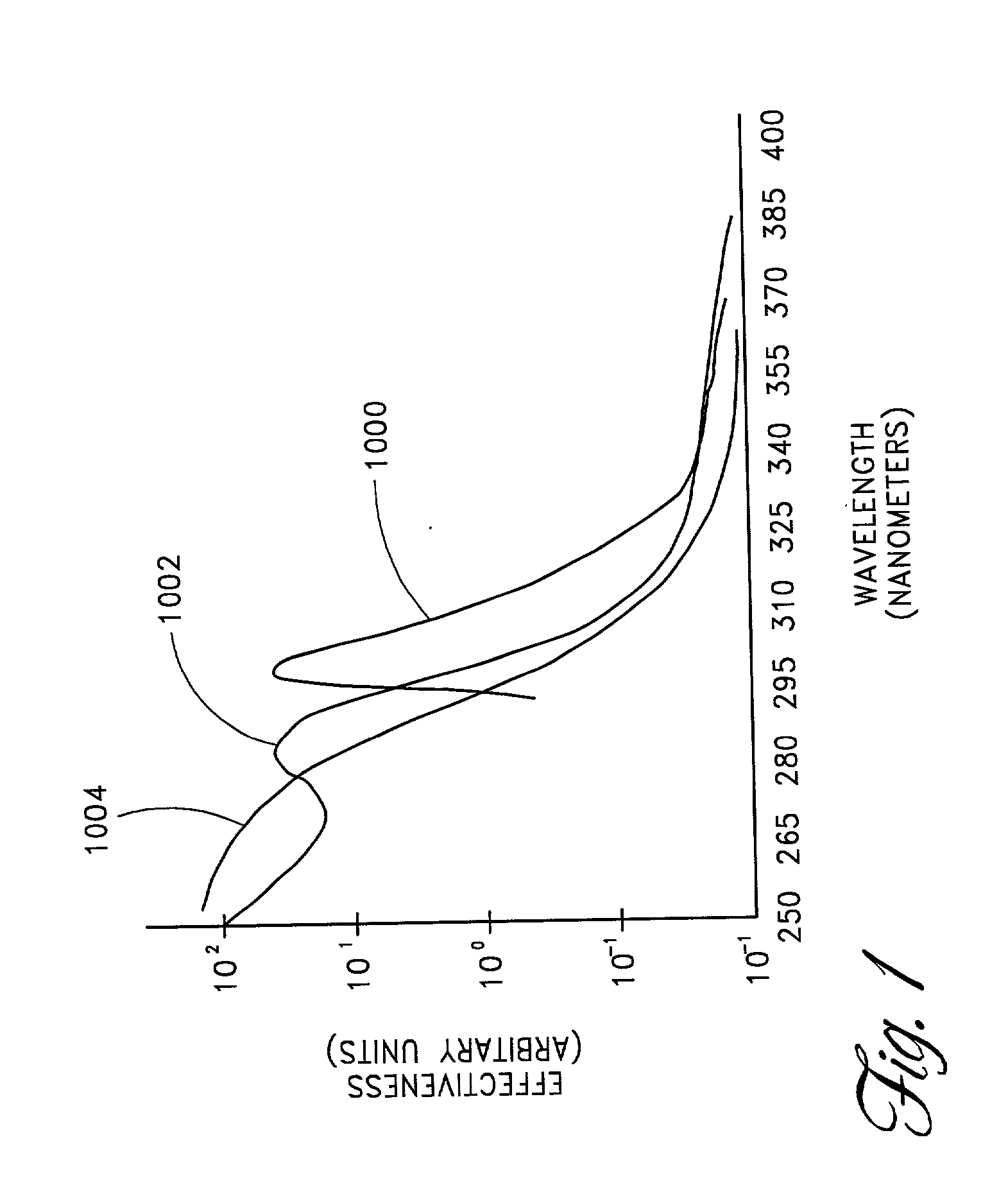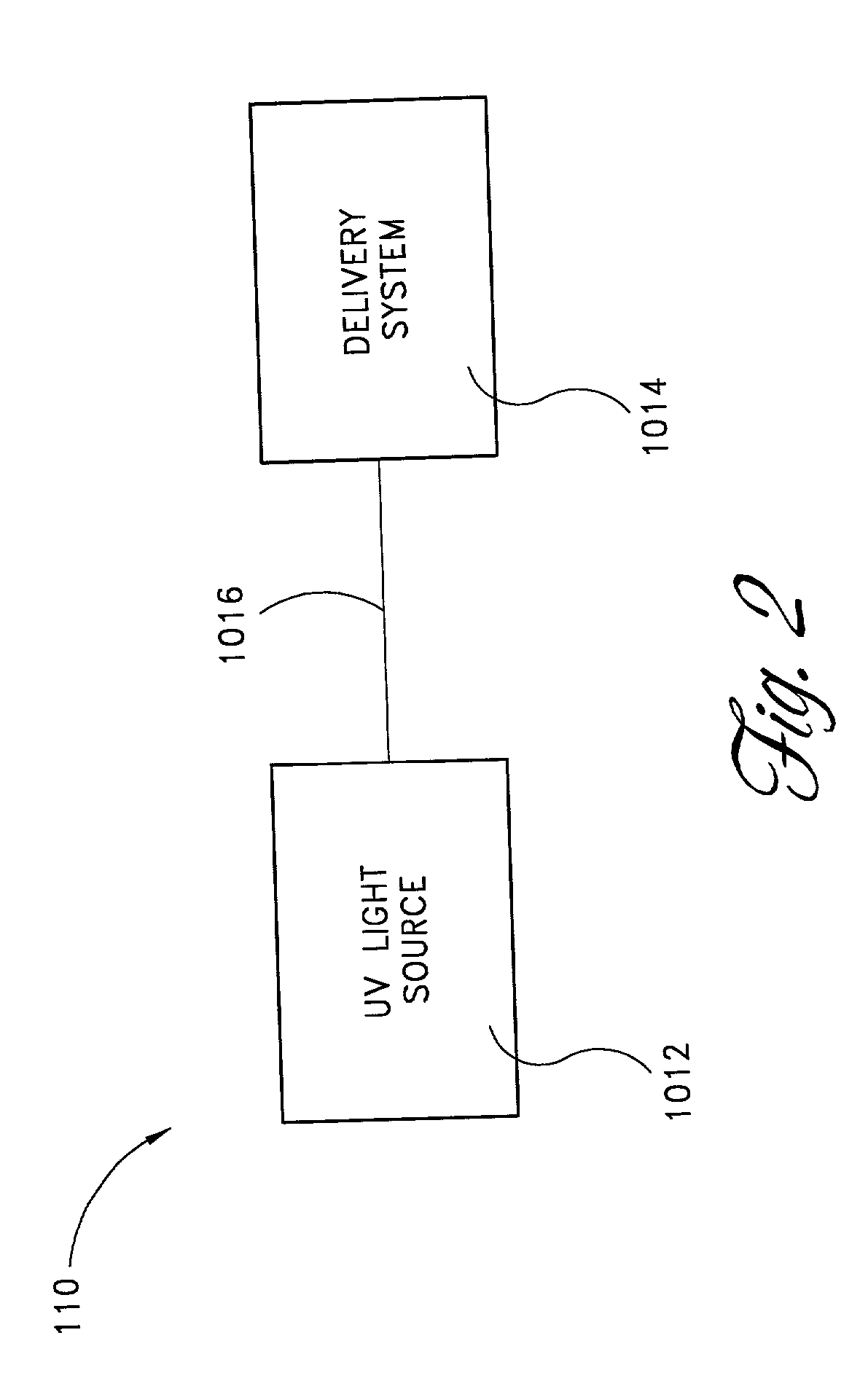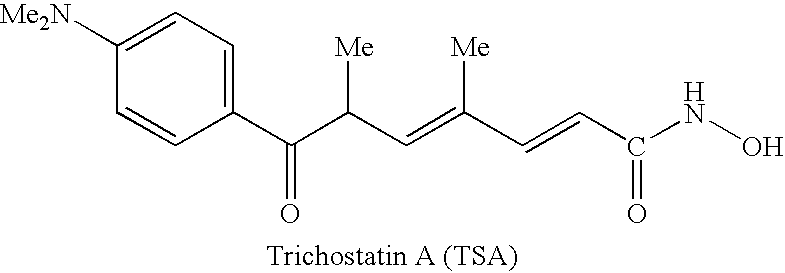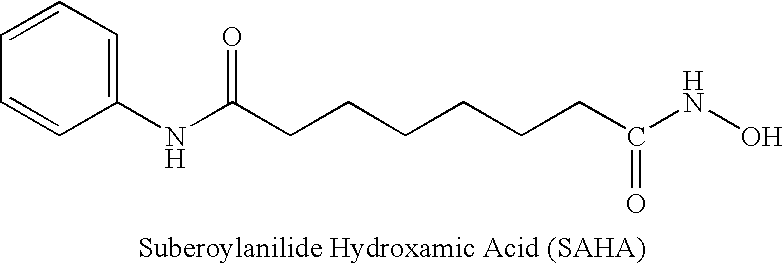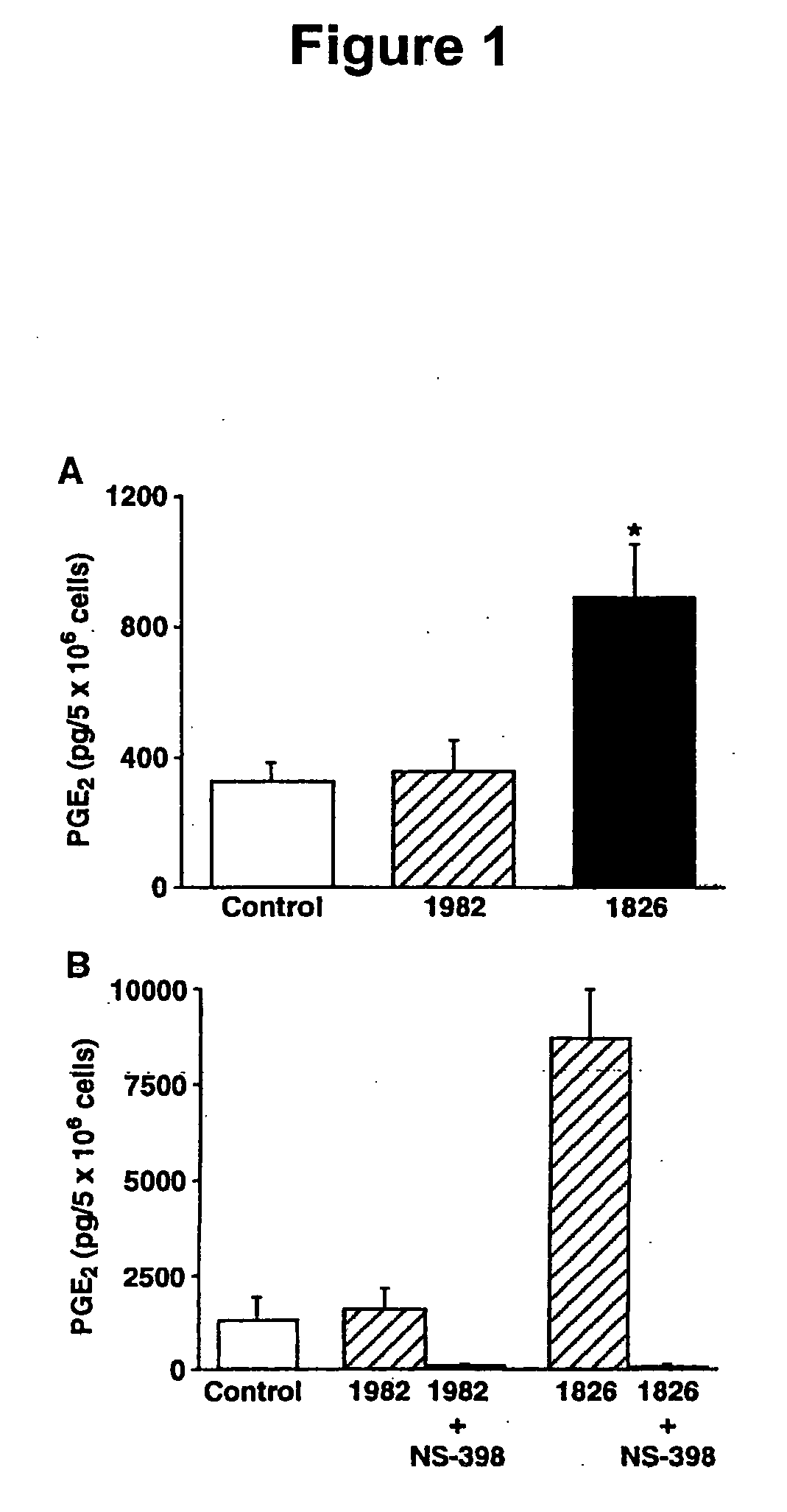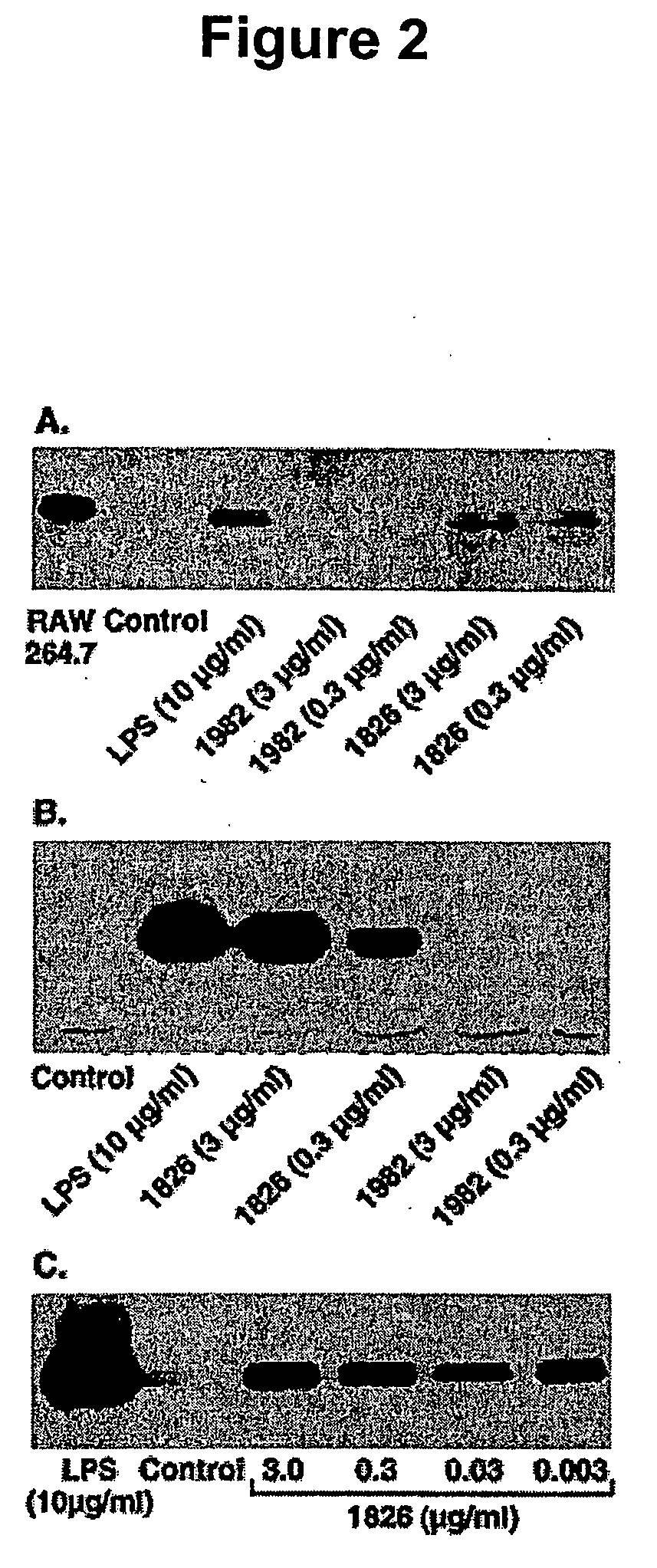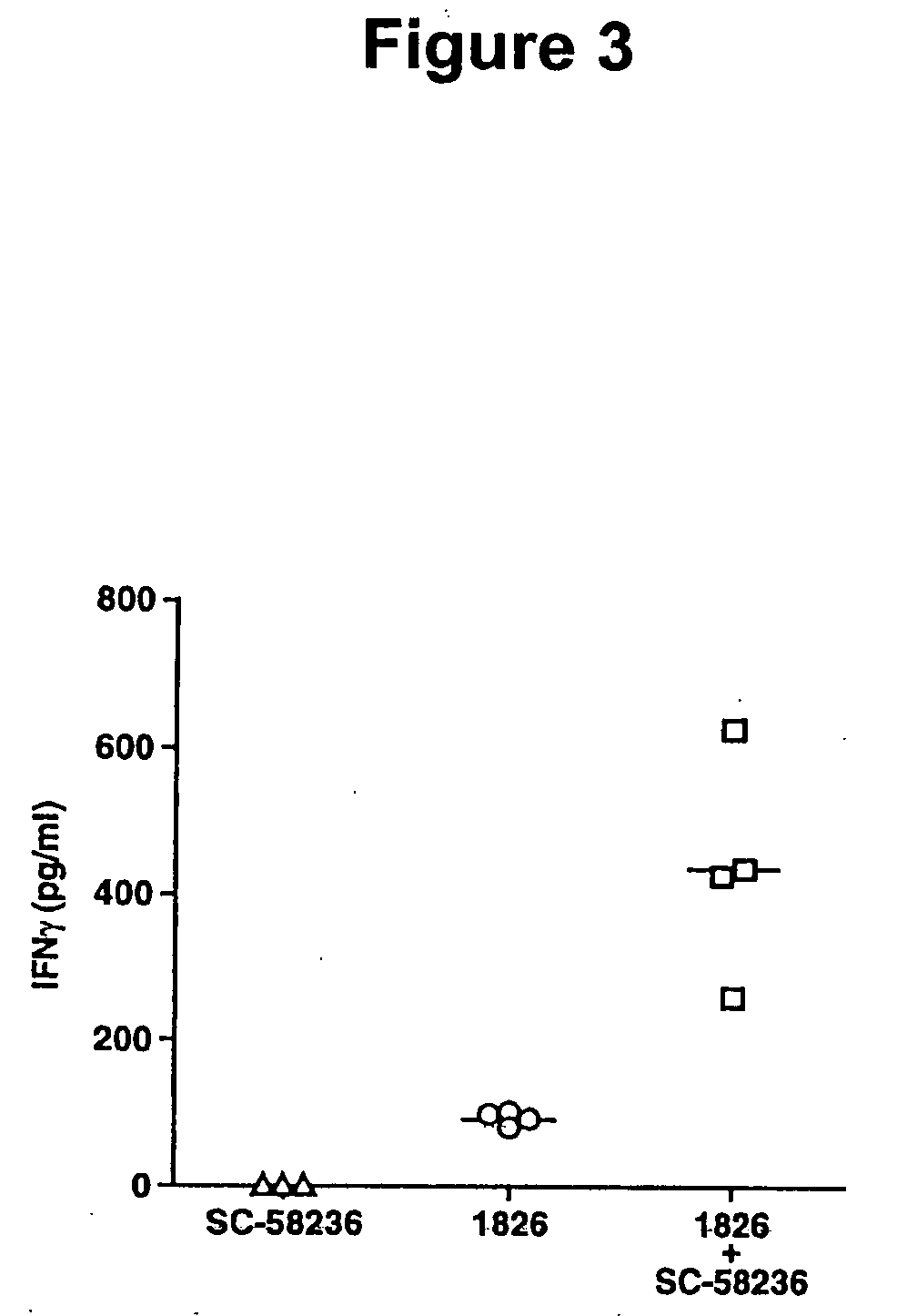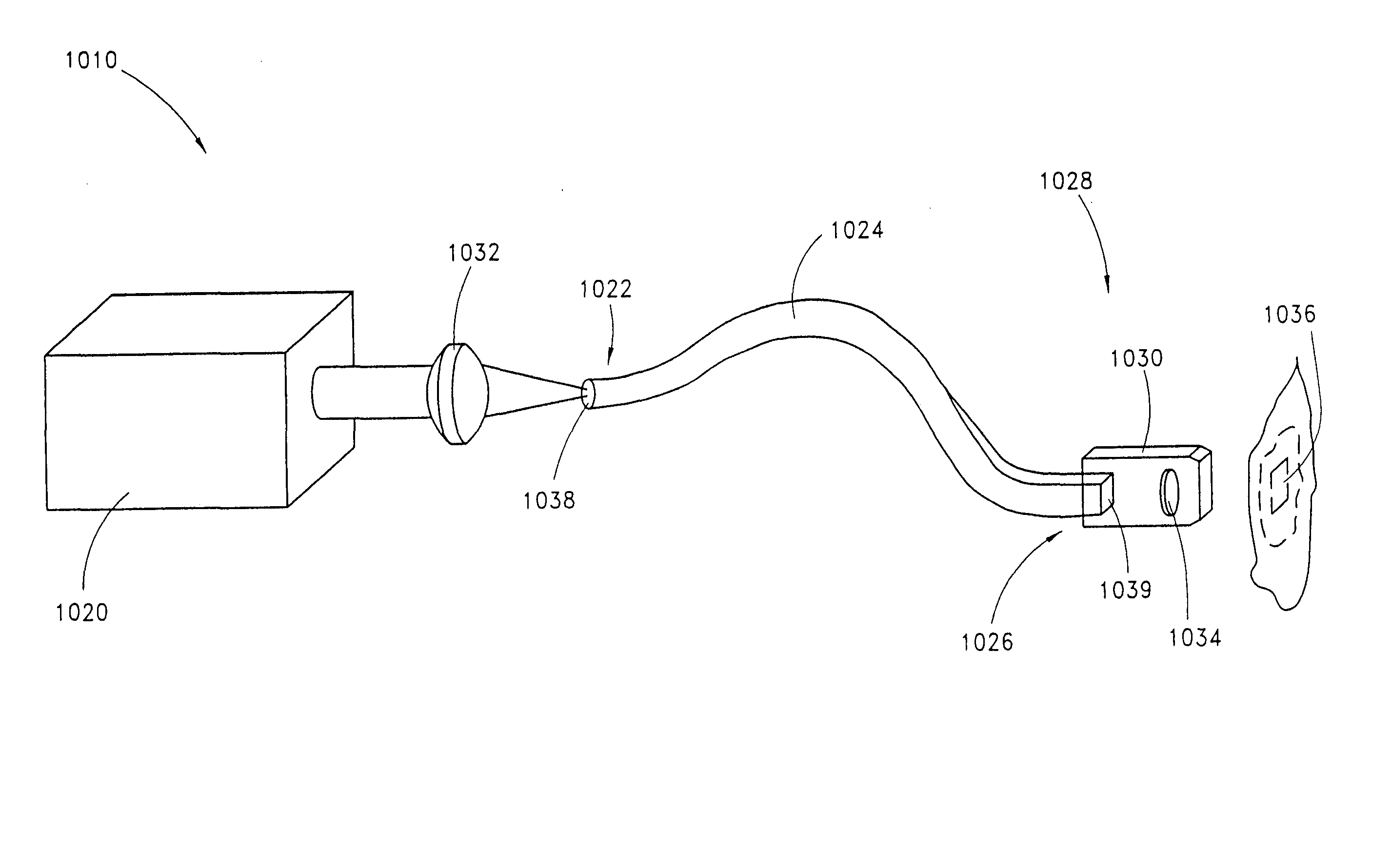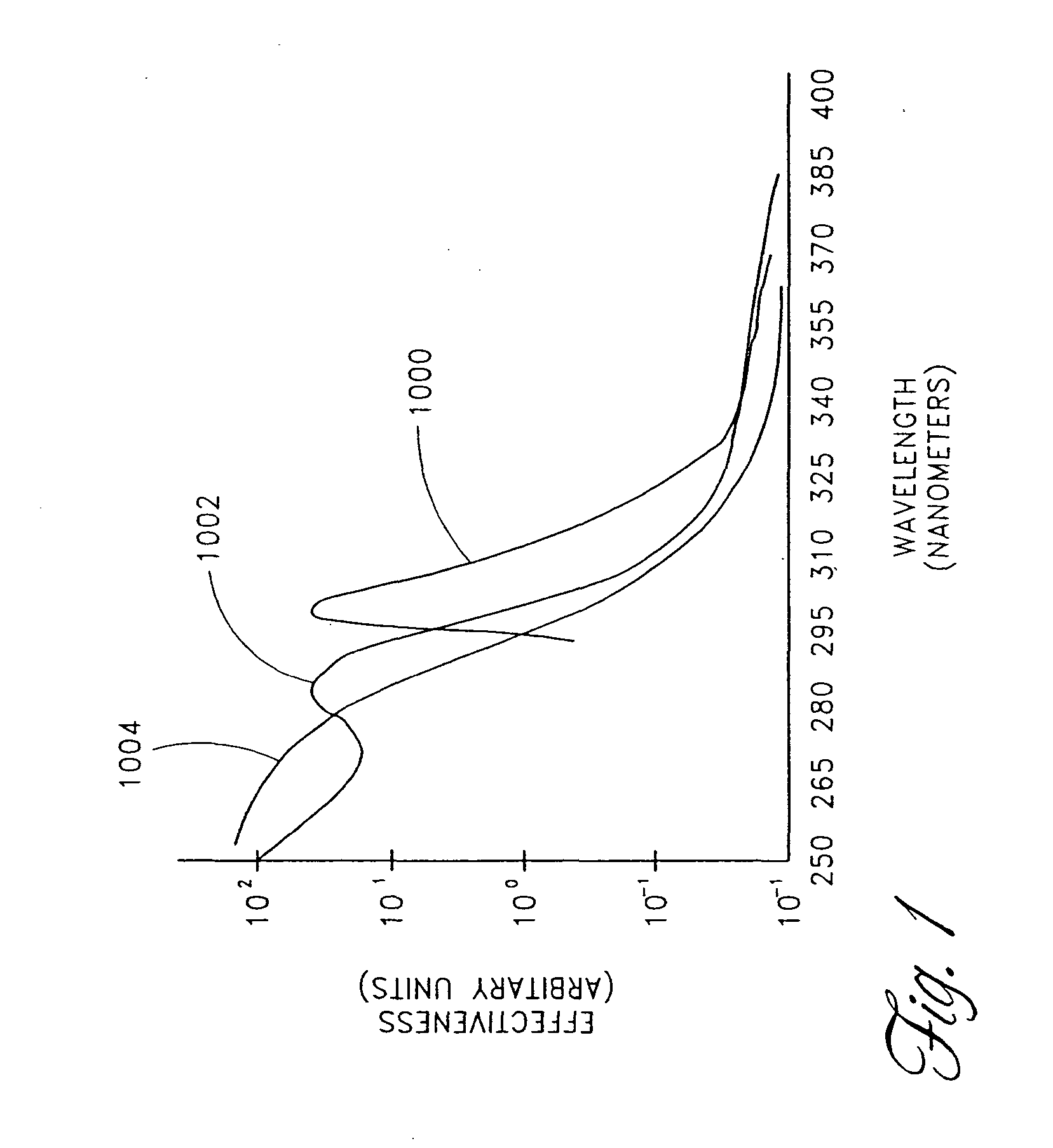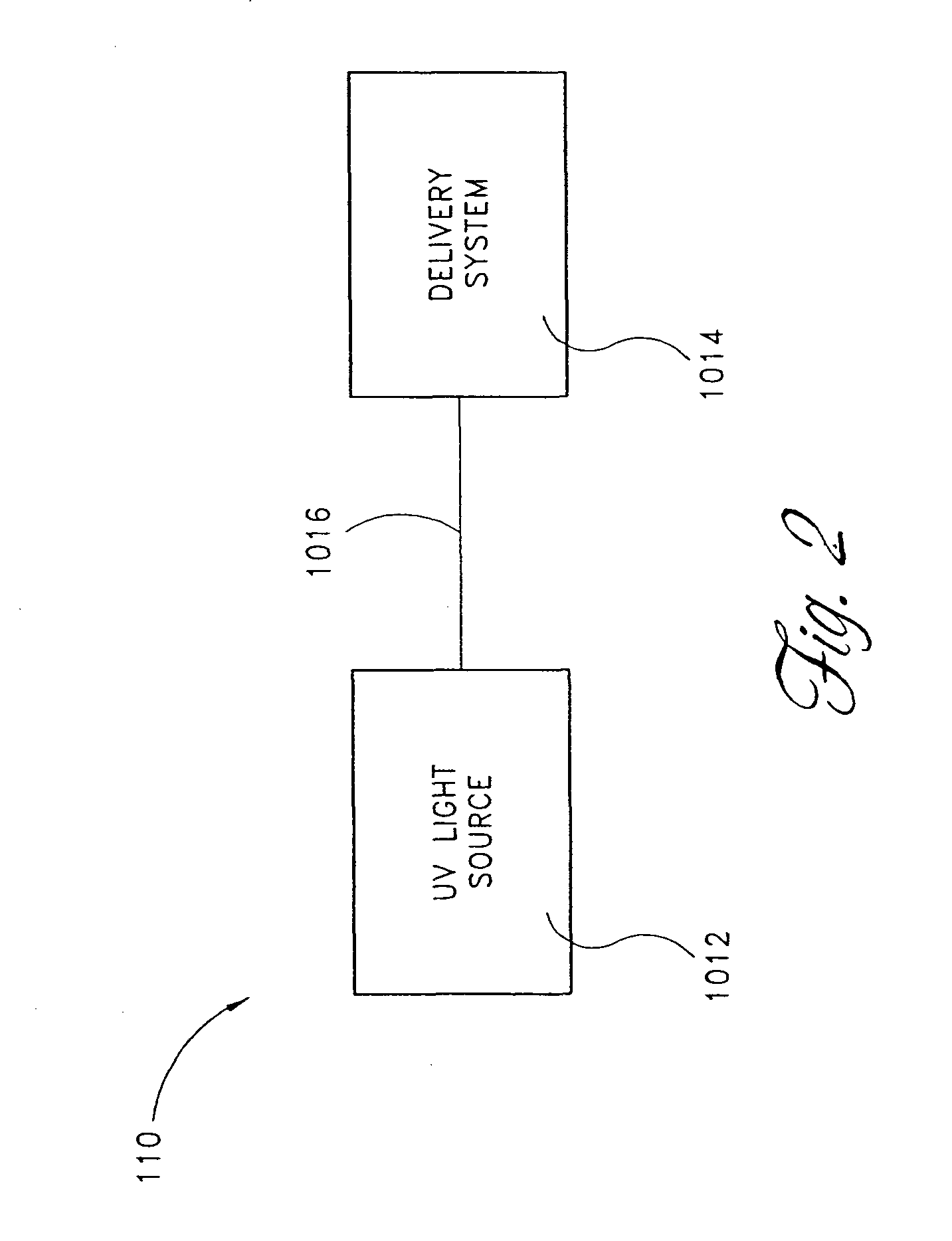Patents
Literature
3525 results about "Psoriasis" patented technology
Efficacy Topic
Property
Owner
Technical Advancement
Application Domain
Technology Topic
Technology Field Word
Patent Country/Region
Patent Type
Patent Status
Application Year
Inventor
A chronic skin disease which results in scaly, often itchy areas in patches.
Multiple-variable dose regimen for treating TNFalpha-related disorders
ActiveUS20060009385A1Reduce decreaseIncrease the areaBiocideOrganic active ingredientsDosing regimenRegimen
Multiple-variable dose methods for treating TNFα-related disorders, including Crohn's disease and psoriasis, comprising administering TNFα inhibitors, including TNFα antibodies, are described. Multiple-variable dose methods include administration of a TNF-inhibitor in an induction or loading phase followed by administration of the agent in a maintenance or treatment phase, wherein the TNF-inhibitor is administered in a higher dosage during the induction phase.
Owner:ABBVIE BIOTECHNOLOGY LTD
Bioactive Polymers
InactiveUS20080267903A1Strong specificityEnhanced interactionSynthetic polymeric active ingredientsAntineoplastic agentsDelivery vehicleActive agent
Various polymers, including cationic polyamine polymers and dendrimeric polymers, are shown to possess anti-proliferative activity, and may therefore be useful for treatment of disorders characterised by undesirable cellular proliferation such as neoplasms and tumours, inflammatory disorders (including autoimmune disorders), psoriasis and atherosclerosis. The polymers may be used alone as active agents, or as delivery vehicles for other therapeutic agents, such as drug molecules or nucleic acids for gene therapy. In such cases, the polymers' own intrinsic anti-tumour activity may complement the activity of the agent to be delivered.
Owner:UNIV COLLEGE OF LONDON
Methods and compositions for treating or preventing skin disorders using binding agents specific for prostate specific membrane antigen
InactiveUS7192586B2Reduce severityHigh expressionOrganic active ingredientsHybrid immunoglobulinsPsoriasisAntigen
Methods and compositions for treating, preventing, or diagnosing epidermal or dermal disorders, e.g., psoriasis, are disclosed. The methods and compositions of the invention use binding agents, e.g., antibodies, specific for the extracellular domain of human prostate specific membrane antigen (PSMA).
Owner:CORNELL RES FOUNDATION INC
6,6-Bicyclic ring substituted heterobicyclic protein kinase inhibitors
ActiveUS20060235031A1Treatment and/or prevention of hyperproliferative diseasesBiocideSenses disorderDiseasePTK Inhibitors
Compounds of the formula and pharmaceutically acceptable salts thereof, wherein X1, X2, X3, X4, X5, X6, X7, R1, and Q1 are defined herein, inhibit the IGF-1R enzyme and are useful for the treatment and / or prevention of hyperproliferative diseases such as cancer, inflammation, psoriasis, allergy / asthma, disease and conditions of the immune system, disease and conditions of the central nervous system.
Owner:ACERTA PHARMA BV
Indazole compounds and pharmaceutical compositions for inhibiting protein kinases, and methods for their use
InactiveUS6884890B2Improve anti-tumor effectGood treatment effectBiocideOrganic chemistryDiabetic retinopathyProtein kinase domain
Indazole compounds that modulate and / or inhibit the activity of certain protein kinases are described. These compounds and pharmaceutical compositions containing them are capable of mediating tyrosine kinase signal transduction and thereby modulate and / or inhibit unwanted cell proliferation. The invention is also directed to the therapeutic or prophylactic use of pharmaceutical compositions containing such compounds, and to methods of treating cancer and other disease states associated with unwanted angiogenesis and / or cellular proliferation, such as diabetic retinopathy, neovascular glaucoma, rheumatoid arthritis, and psoriasis, by administering effective amounts of such compounds.
Owner:AGOURON PHARMA INC
Injectable compositions of nanoparticulate immunosuppressive compounds
InactiveUS20060210638A1Improve complianceImprove efficacyPowder deliveryBiocideDepressantCompound (substance)
The invention is directed to an injectable nanoparticulate immunosuppressant composition for the formation of a subcutaneous or intramuscular depot. The invention is also directed to an injectable composition of nanoparticulate tacrolimus and / or sirolimus which eliminates the need to use polyoxyl 60 hydrogenated castor oil (HCO-60) and / or polysorbate 80 as a solubilizer. This invention further discloses a method of making an injectable nanoparticulate tacrolimus and / or sirolimus composition and is also directed to methods of treatment using the injectable nanoparticulate formulations comprising tacrolimus, sirolimus, or combination thereof for a subcutaneous or intramuscular depot for the prophylaxis of organ rejection and for the treatment of psoriasis or other immune diseases
Owner:ELAN PHRMA INT LTD
Novel Composition for a Topical Skin Treatment Base and Medicated Applications Thereof
A novel topical preparation comprised of carboxylic acids, chelating agents, dimethyl Sulfone and magnesium sulfate that forms a functional and versatile base formation for the addition of numerous medications and active ingredients for the purpose of treating certain skin conditions including, but not limited to psoriasis, eczema, dermatitis, acne, rosacea, scleroderma, skin stones, fungal infections, bacterial infections, or other skin disorders and diseases with improved efficacy and penetration
Owner:CALGENEX CORP
Predicting long-term efficacy of a compound in the treatment of psoriasis
InactiveUS20090271164A1Accurate curative effectLost responsivenessChemical property predictionAnalogue computers for chemical processesMedicineCurative effect
Owner:ABBVIE BIOTECHNOLOGY LTD
Uses and Compositions for treatment of Psoriasis and Crohn's Disease
InactiveUS20100003243A1Maintaining remission of Crohn's diseaseDigestive systemDigital computer detailsPsoriasisAntigen binding
The invention provides methods, uses and compositions for the treatment of psoriasis or Crohn's disease. The invention describes methods and uses for treating psoriasis or Crohn's disease, wherein a TNFα inhibitor, such as a human TNFα antibody, or antigen-binding portion thereof, is used to treat psoriasis in a subject. The invention includes methods of improving patient reported outcomes using a human TNFα antibody, or antigen-binding portion thereof, for the treatment of Crohn's or psoriasis. The invention also provides methods of improving fatigue or depression in patients having Crohns'.
Owner:OKUN MARTIN M +5
Multiple-variable dose regimen for treating TNFa-related disorders
InactiveUS20090304682A1Reducing remissionReducing signOrganic active ingredientsPeptide/protein ingredientsDosing regimenRegimen
Owner:ABBVIE BIOTECHNOLOGY LTD
Preventives or remedies for psoriasis containing as the active ingredient IL-6 antagonist
InactiveUS7320792B2Immunoglobulins against cytokines/lymphokines/interferonsImmunoglobulins against cell receptors/antigens/surface-determinantsInterleukin 6BULK ACTIVE INGREDIENT
A preventive and therapeutic agent for psoriasis comprising an interleukin-6 (IL-6) antagonist such as, for example, an antibody against IL-6 receptor.
Owner:CHUGAI PHARMA CO LTD
Heterocyclic compounds and their uses
ActiveUS20090137581A1Low inhibitory potencyInhibitory activityBiocideSenses disorderDiseaseMyeloid leukemia
Substituted bicyclic heteroaryls and compositions containing them, for the treatment of general inflammation, arthritis, rheumatic diseases, osteoarthritis, inflammatory bowel disorders, inflammatory eye disorders, inflammatory or unstable bladder disorders, psoriasis, skin complaints with inflammatory components, chronic inflammatory conditions, including but not restricted to autoimmune diseases such as systemic lupus erythematosis (SLE), myestenia gravis, rheumatoid arthritis, acute disseminated encephalomyelitis, idiopathic thrombocytopenic purpura, multiples sclerosis, Sjoegren's syndrome and autoimmune hemolytic anemia, allergic conditions including all forms of hypersensitivity, The present invention also enables methods for treating cancers that are mediated, dependent on or associated with p110δ activity, including but not restricted to leukemias, such as Acute Myeloid leukaemia (AML) Myelo-dysplastic syndrome (MDS) myelo-proliferative diseases (MPD) Chronic Myeloid Leukemia (CML) T-cell Acute Lymphoblastic leukaemia (T-ALL) B-cell Acute Lymphoblastic leukaemia (B-ALL) Non Hodgkins Lymphoma (NHL) B-cell lymphoma and solid tumors, such as breast cancer.
Owner:AMGEN INC
Antagonizing interleukin-21 receptor activity
InactiveUS20060039902A1Reduce riskSufficient amountCompounds screening/testingCompound screeningWhite blood cellFibrosis
Methods and compositions for inhibiting interleukin-21 (IL-21) / IL-21 receptor (MU-1) activity using antagonists of IL-21 or IL-21 receptor (“IL-21R” or “MU-1”), are disclosed. IL-21 / IL-21R antagonists can be used to induce immune suppression in vivo, e.g., for treating, ameliorating or preventing autoimmune or inflammatory disorders, including, e.g., inflammatory bowel disease (IBD), rheumatoid arthritis (RA), transplant / graft rejection, psoriasis, asthma, fibrosis, and systemic lupus erythematosus (SLE).
Owner:WYETH LLC
Methods and compositions for treatment of skin disorders
ActiveUS20110171227A1Undesirable effectImproving disease reductionSnake antigen ingredientsAntibody ingredientsEtanerceptPrior biologic therapy
The invention provides methods and compositions for the treatment of a skin disorder associated with detrimental TNFα activity, such as psoriasis. The invention includes methods for treating a skin disorder associated with detrimental TNFα activity, such as psoriasis, in a subject who has failed or lost response to prior biologic therapy, such as prior administration of etanercept. The invention further provides methods for determining the efficacy of a human TNFα antibody, or antigen-binding portion thereof, for the treatment of a skin disorder associated with detrimental TNFα activity, such as psoriasis.
Owner:ABBVIE BIOTECHNOLOGY LTD
Device for oral UV photo-therapy
Skin disorders such as, for example, atopic dermatitis, dyshidrosis, eczema, lichen planus, psoriasis, and vitiligo, are treated by applying high doses of ultraviolet light to diseased regions of a patient's skin. The dosage exceeds 1 MED as determined for the particular patient and may range from about 1 MED to about 20 MED or higher. The ultraviolet light has a wavelength within the range of about 295 nanometers to about 320 nanometers. High doses of ultraviolet light are preferably restricted to diseased tissue areas. A specialized handpiece provides a beam profile especially suitable for application of controlled doses. A specialized delivery device is useful for UV treatment of tissue within the mouth.
Owner:MELA SCIENCES
Il-6 production inhibitors
InactiveUS20050119305A1Easy to prepareLow toxicityAntibacterial agentsBiocideAutoimmune conditionHydroxamic acid
An IL-6 production inhibitor which comprises a hydroxamic acid derivative of formula (I) (wherein all the symbols have the same meanings as defined in the specification), an equivalent thereof, a non-toxic salt thereof or a prodrug thereof as an active ingredient. Because of having an IL-6 production inhibitory activity, the compound of formula (I) may be useful for the prevention and / or treatment of various inflammatory diseases, sepsis, multiple myeloma, plasma cell leukemia, osteoporosis, cachexia, psoriasis, nephritis, renal cell carcinoma, Kaposi's sarcoma, rheumatoid arthritis, hypergammaglobulinemia (gammophathy), Castleman's disease, intra-atrial myxoma, diabetes, autoimmune disease, hepatitis, colitis, graft-versus-host disease, infectious diseases, endometriosis and solid cancer.
Owner:ONO PHARMA CO LTD
Chalcone and its analogs as agents for the inhibition of angiogensis and related disease states
InactiveUS6462075B1Enhance the beneficial effectEasy to modifyBiocideNervous disorderAnticarcinogenMedicine
The present invention relates to chalcone and chalcone derivatives and analogs which are useful as angiogenesis inhibitors. The present compounds, which are inexpensive to synthesize, exhibit unexpectedly good activity as angiogenesis inhibitors. The present invention also relates to the use of chalcone and its analogs as antitumor / anticancer agents and to treat a number of conditions or disease states in which angiogenesis is a factor, incluidng angiongenic skin diseases such as psoriasis, acne, rosacea, warts, eczema, hemangiomas, lymphangiogenesis, among numerous others, as well as chronic inflammatory disease such as arthritis.
Owner:BOWEN J PHILLIP +3
Preventive or therapeutic agent for psoriasis comprising il-6 antagonist as active ingredient
InactiveUS20080124325A1Immunoglobulins against cytokines/lymphokines/interferonsImmunoglobulins against cell receptors/antigens/surface-determinantsInterleukin 6BULK ACTIVE INGREDIENT
A method for treating psoriasis comprising an interleukin-6 (IL-6) antagonist such as, for example, an antibody against IL-6 receptor.
Owner:CHUGAI PHARMA CO LTD
Benzimidazole derivatives and their use as KDR kinase protein inhibitors
The invention discloses and claims benzimidazole compounds of formula (I): wherein X is C—R2; Y is C—R2 or C—R3; W and Z are each C—R3; R1 is an optionally substituted aryl, heteroaryl or a saturated 5- or 6-membered monocyclic heterocyclic radical or a bicyclic heterocyclic radical; and A5 is H or alkyl; or a stereoisomer, a racemate, an enantiomer or a diastereoisomer of said compound of formula (I) or a pharmaceutically acceptable salt thereof; the use of compounds of formula (I) for the treatment of a disorder of proliferation of blood vessels, uncontrolled angiogenesis, a fibrotic disorder, a disorder of proliferation of mesangial cells, a metabolic disorder, allergy, asthma, thrombosis, a disease of the nervous system, retinopathy, psoriasis, rheumatoid arthritis, diabetes, muscle degeneration, solid tumors and cancers, pharmaceutical compositions comprising a compound of formula (I) and one or more pharmaceutically acceptable adjuvants or diluents and pharmaceutical compositions comprising a compound of formula (I) and one or more. antimitiotic agents.
Owner:AVENTIS PHARMA SA (US)
Topical foam composition
The present invention relates to a novel oil in water emulsion aerosol foam composition containing an active agent for the treatment of various chronic and acute skin conditions, particularly acne and psoriasis; and processes for preparing the emulsion aerosol foam compositions. In particular, the present invention relates to oil in water emulsion aerosol foam compositions containing a retinoid in the oil phase.
Owner:MAYNE PHARMA LLC
Nitrogenated heterocyclic derivative , and pharmaceutical agent comprising the derivative as active ingredient
InactiveUS20090131403A1Prevention and/or treatmentEasy to useBiocideSenses disorderAcquired immunodeficiencyAutoimmune condition
The compound represented by formula (I), a salt thereof, an N-oxide thereof, a solvate thereof, or a prodrug thereof specifically binds CCR5, so it is useful for preventing and / or treating CCR5-related diseases, for example, various inflammatory diseases (asthma, nephritis, nephropathy, hepatitis, arthritis, rheumatoid arthritis, rhinitis, conjunctivitis, ulcerative colitis, etc.), immunological diseases (autoimmune diseases, rejection in organ transplantation, immunosuppression, psoriasis, multiple sclerosis, etc.), infectious diseases (infection with human immunodeficiency virus, acquired immunodeficiency syndrome, etc.), allergic diseases (atopic dermatitis, urticaria, allergic bronchopulmonary aspergillosis, allergic eosinophilic gastroenteritis, etc.), ischemic reperfusion injury, acute respiratory distress syndrome, shock accompanying bacterial infection diabetes cancer metastasis and so on.Wherein all symbols in formula are as defined in the specification
Owner:ONO PHARMA CO LTD
Electrochromic device and photodynamic treatment device comprising such an electrochromic device
InactiveUS20100082081A1Increase the light areaOptimize and tune transmissionLight therapyNon-linear opticsAbnormal tissue growthBladder Infections
Presently, many variations of light treatment are used in health care. Prime examples are the in-vivo or ex-vivo photodynamic treatment (PDT) of skin diseases, cancer / tumors, psoriasis, mood disorders, bladder infections, promoting wound closure, recovering spinal cord injuries, and countering muscle / bone atrophy. PDT is a treatment that uses a drug, called a photo-sensitizer or photosensitizing agent, and a particular type of light. The invention relates to an improved PDT device.
Owner:KONINKLIJKE PHILIPS ELECTRONICS NV
Anti-human VEGF receptor Flt-1 monoclonal antibody
The present invention provides an antibody or peptide which immunologically reacts with human VEGF receptor Flt-1 and cells in which human VEGF receptor Flt-1 is expressed on the cell surface and an antibody or peptide which inhibits binding of human VEGF to human VEGF receptor Flt-1. It also provides a means for the diagnosis or treatment of diseases in which their morbid states progress by abnormal angiogenesis, such as proliferation or metastasis of solid tumors, arthritis in rheumatoid arthritis, diabetic retinopathy, retinopathy of prematurity, psoriasis, and the like.
Owner:KYOWA HAKKO KIRIN CO LTD
Indazole compounds, pharmaceutical compositions, and methods for mediating or inhibiting cell proliferation
InactiveUS6919461B2Melt-holding vesselsGroup 4/14 element organic compoundsDiabetic retinopathyDisease
Indazole compounds that modulate and / or inhibit cell proliferation, such as the activity of protein kinases are described. These compounds and pharmaceutical compositions containing them are capable of mediating, e.g., kinases-dependent diseases to modulate and / or inhibit unwanted cell proliferation. The invention is also directed to the therapeutic or prophylactic use of pharmaceutical compositions containing such compounds, and to methods of treating cancer as well as other disease states associated with unwanted angiogenesis and / or cellular proliferation, such as diabetic retinopathy, neovascular glaucoma, rheumatoid arthritis, and psoriasis, by administering effective amounts of such compounds.
Owner:AGOURON PHARMA INC
Treatment of skin disorders with UV light and cooling
Skin disorders such as, for example, atopic dermatitis, dyshidrosis, eczema, lichen planus, psoriasis, and vitiligo, are treated by applying high doses of ultraviolet light to diseased regions of a patients skin. The dosage employed exceeds 1 MED, an MED being determined for the particular patient being treated, and may range from about 1 MED to about 20 MED or higher. The ultraviolet light has a wavelength within the range of between about 295 nanometers to about 320 nanometers and preferably is between about 300 nanometers and about 310 nanometers. High doses of ultraviolet light are restricted to diseased tissue areas so as to avoid risk of detrimental side affects in healthy skin, which is more susceptible to damage from UV light. Cooling the skin prior to and / or while exposing the skin to the UV light can be used to minimize tissue damage resulting from exposure to the UV light. Higher doses of UV light can therefore be employed without injurious affects.
Owner:PHOTOMEDEX
Carbamic acid compounds comprising a sulfonamide linkage as HDAC inhibitors
Owner:TOPOTARGET UK LTD
Immunostimulatory nucleic acid for treatment of non-allergic inflammatory diseases
InactiveUS20050250726A1Reduces and prevents non-allergic inflammationOrganic active ingredientsGenetic material ingredientsInflammatory Bowel DiseasesNon allergic
The invention provides methods and compositions for using immunostimulatory nucleic acids to treat non-allergic inflammatory diseases. Non-allergic inflammatory diseases that may be treated according to the methods and products of the invention include psoriasis and inflammatory bowel disease. The invention further provides methods for augmenting a Th1 response to immunostimulatory nucleic acid involving inhibition of prostaglandin-mediated counter-regulatory response.
Owner:UNIV OF IOWA RES FOUND
Device for oral UV photo-therapy
Skin disorders such as, for example, atopic dermatitis, dyshidrosis, eczema, lichen planus, psoriasis, and vitiligo, are treated by applying high doses of ultraviolet light to diseased regions of a patients skin. The dosage employed exceeds 1 MED, an MED being determined for the particular patient being treated, and may range from about 1 MED to about 20 MED or higher. The ultraviolet light has a wavelength within the range of between about 295 nanometers to about 320 nanometers and preferably is between about 300 nanometers and about 310 nanometers. High doses of ultraviolet light are preferably restricted to diseased tissue areas so as to avoid risk of detrimental side affects in healthy skin, which is more susceptible to damage from UV light. Cooling the skin prior to and / or while exposing the skin to the UV light can be used to reduce tissue damage resulting from exposure to the UV light. Higher doses of UV light can therefore be employed without injurious affects. A specialized handpiece provides a beam profile especially suitable for application of controlled doses. A specialized delivery device is useful for UV treatment of tissue within the mouth.
Owner:MELA SCIENCES
Uses and compositions for treatment of psoriasis and crohn's disease
InactiveUS20120282262A1Maintaining remission of Crohn's diseaseDigestive systemAntibody ingredientsCrohn's diseaseAntigen binding
The invention provides methods, uses and compositions for the treatment of psoriasis or Crohn's disease. The invention describes methods and uses for treating psoriasis or Crohn's disease, wherein a TNFα inhibitor, such as a human TNFα antibody, or antigen-binding portion thereof, is used to treat psoriasis in a subject. The invention includes methods of improving patient reported outcomes using a human human TNFα antibody, or antigen-binding portion thereof, for the treatment of Crohn's or psoriasis. The invention also provides methods of improving fatigue or depression in patients having Crohns'.
Owner:OKUN MARTIN M +5
Features
- R&D
- Intellectual Property
- Life Sciences
- Materials
- Tech Scout
Why Patsnap Eureka
- Unparalleled Data Quality
- Higher Quality Content
- 60% Fewer Hallucinations
Social media
Patsnap Eureka Blog
Learn More Browse by: Latest US Patents, China's latest patents, Technical Efficacy Thesaurus, Application Domain, Technology Topic, Popular Technical Reports.
© 2025 PatSnap. All rights reserved.Legal|Privacy policy|Modern Slavery Act Transparency Statement|Sitemap|About US| Contact US: help@patsnap.com
